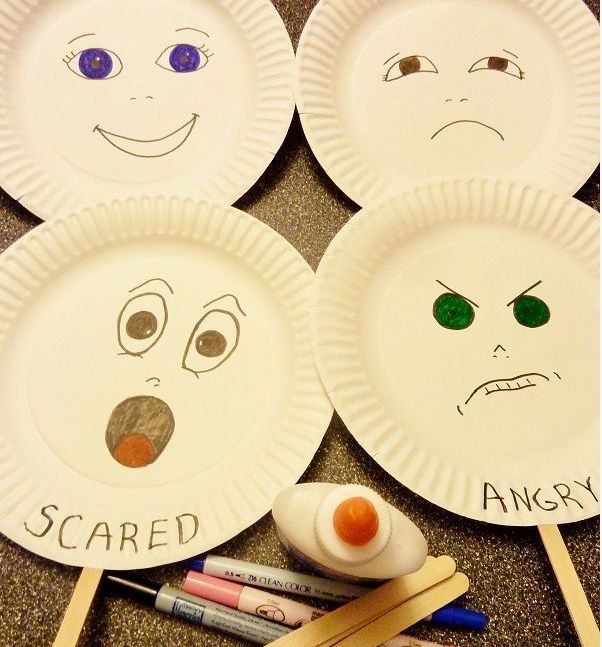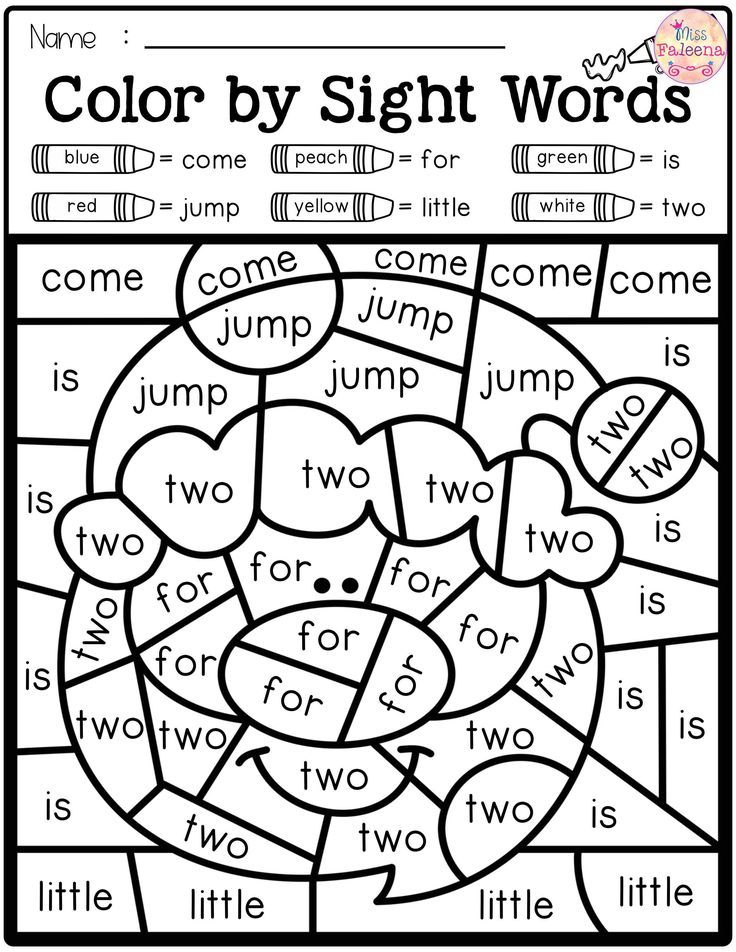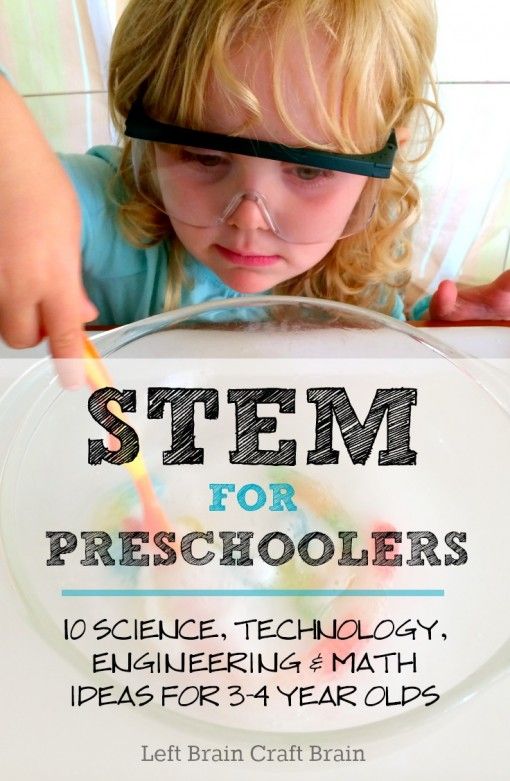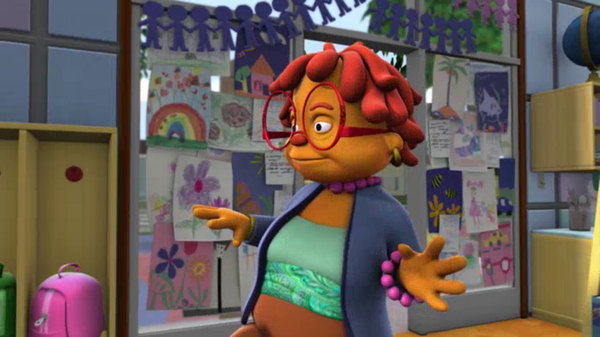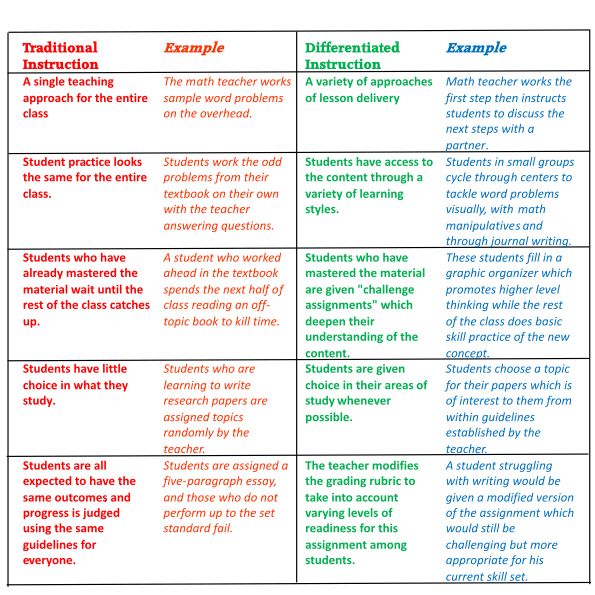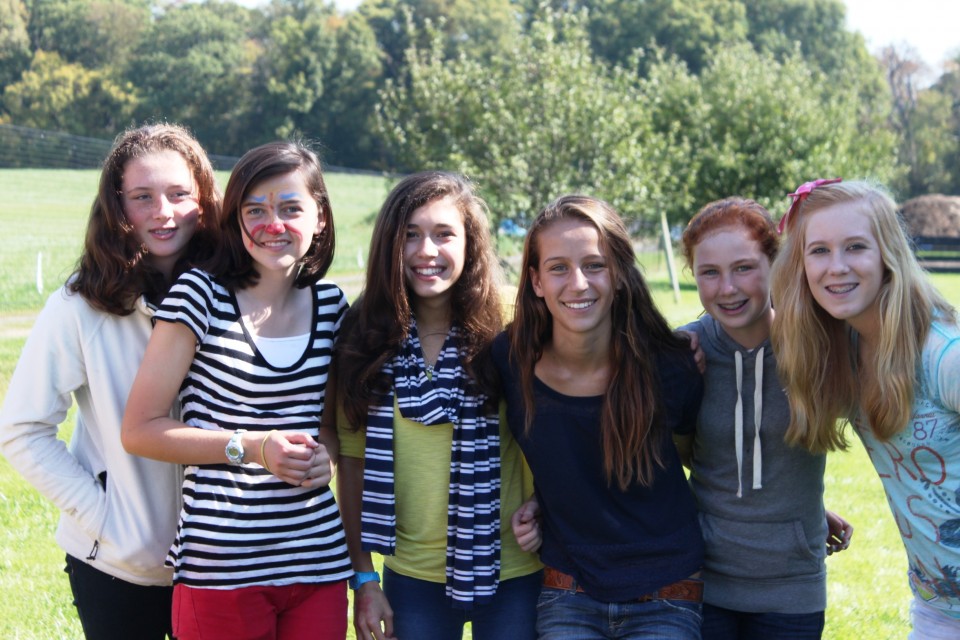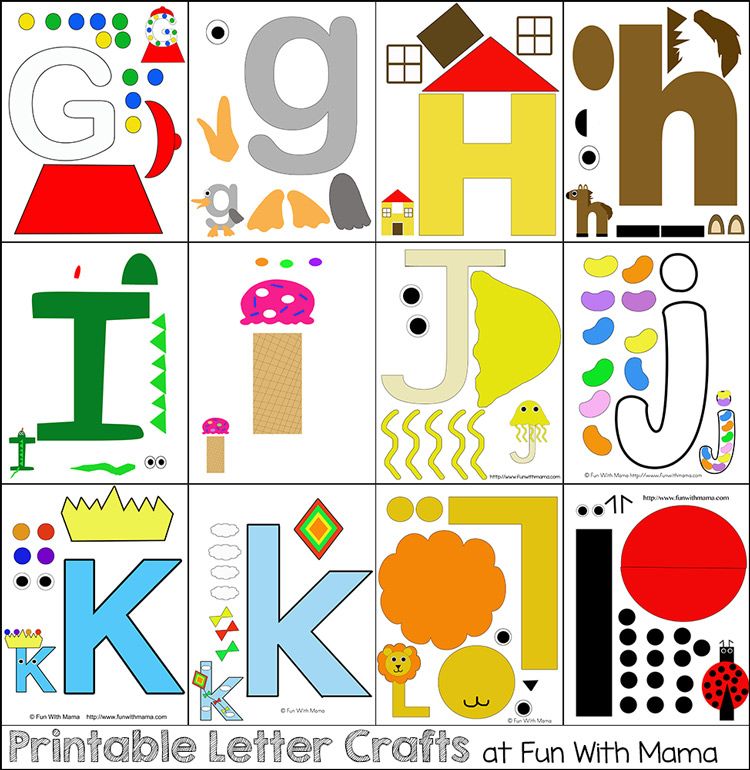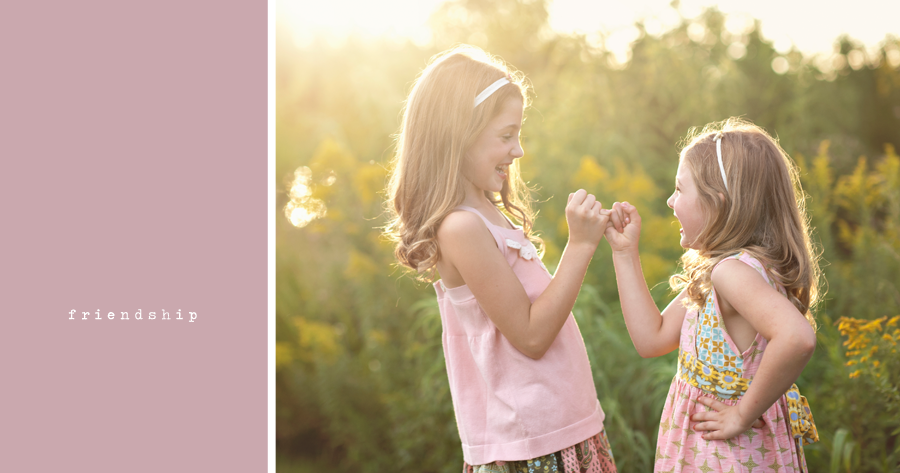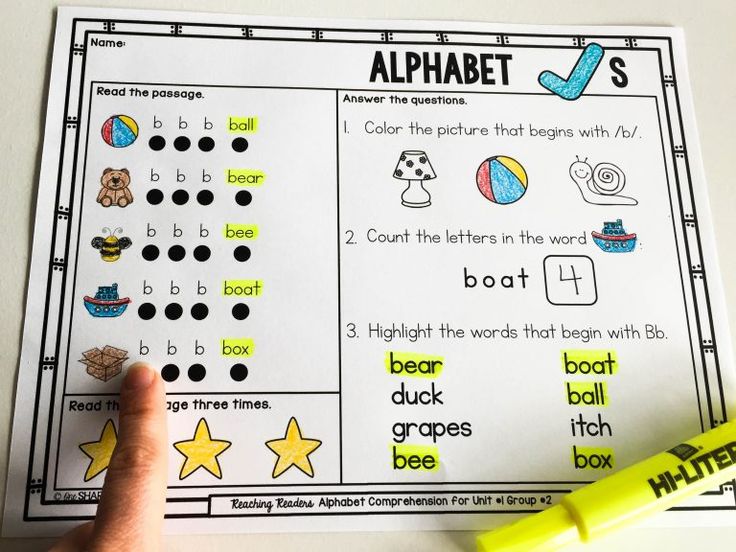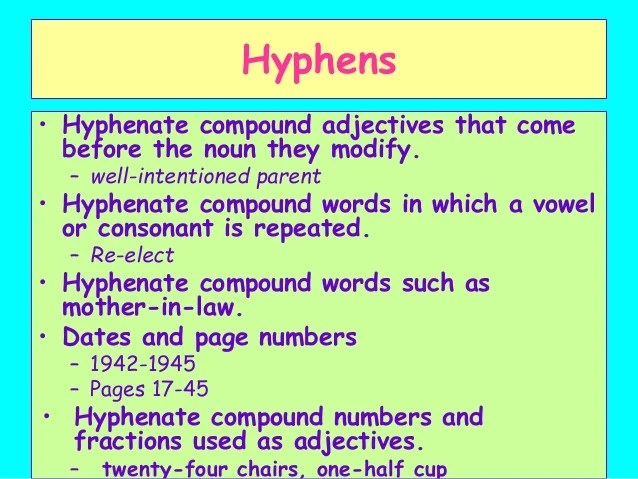Social activity for preschool
17+ Easy Social Activities For Toddlers And Preschoolers
Social skills for preschoolers and toddlers are critical to their happiness and well-being. As essential tools children use to interact, communicate, and build relationships, social and emotional skills also play an important role in a child's development. We have compiled 17+ social-emotional development activities for toddlers and preschoolers.
Play And Social Development
There is an incredible link between play and social development. As it turns out, all types of play are valuable to the social and emotional development in early childhood, including block play. Through block play, children build skills not only in social-emotional, but also the physical, language, and cognitive development domains. Read our detailed post on the benefits of block play.
Kids love to play! Therefore, what better way to build their skills than to provide fun and interactive social skills activities for preschoolers and toddlers. Explore this post on "What Are Social Skills? & Why Are Social Skills Important?" for a deep dive into social and emotional development in early childhood.
Like little sponges, children learn best with hands-on activities. Additionally, through engagement and modeling, you demonstrate socially acceptable behavior. Kids need free time to play and develop their imagination and creativity. Be flexible. Start with a plan, but let your children lead the way. Let them be imaginative!
At first, keep things simple. As their skills develop, you can add more complex activities. Such as, adding a twist to a classic game like Simon Says. Turn routine play into enhanced experiences and keep it fun and interactive!
Let's look at some simple social-emotional activities for toddlers and preschoolers you can incorporate into your child's daily play.
Ideas For Social Skills Activities For Preschoolers And Toddlers
Use Visuals
- Posters
- Charts
Read Books
Read one of these on good manners:
- Thank You and Good Night by Jon Gordon
- Richard Scarry's Please and Thank You Book by Richard Scarry
- Do Unto Otters: A Book About Manners by Laurie Keller
- My Mouth Is a Volcano! by Julia Cook
- Penguin Says "Please" by Michael Dahl
Sing Songs
Songs work wonders for kids.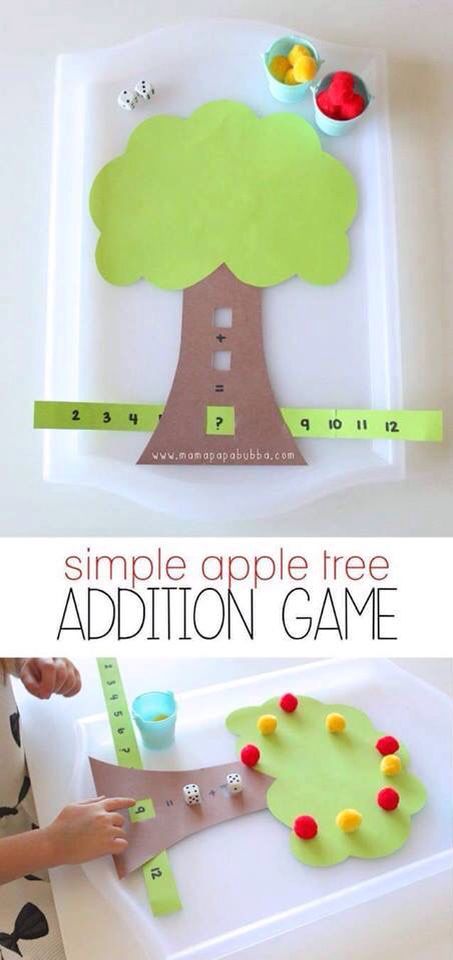 They love to sing and remember things so much better when put to music. It also works as a fun and gentle reminder; when your child begins to use bad manners, you can start singing the song.
They love to sing and remember things so much better when put to music. It also works as a fun and gentle reminder; when your child begins to use bad manners, you can start singing the song.
Sample one of these Good Manners Songs from The Child Care Lounge.
- Manners (Tune: I'm a Little Teapot)
- When You're Talking to a Friend (Tune: If You're Happy and You Know It)
- Good Manners (Tune: Twinkle, Twinkle Little Star)
Or this one from Let's Play Music.
Finally, try a classic like, " Your Happy And You Know It"
Play Games
Playing games together, whether board, card, or outdoor games, encourages following directions and taking turns. Children have to learn how to play fairly by the rules. Additionally, it provides opportunities to handle winning and losing like a "good sport.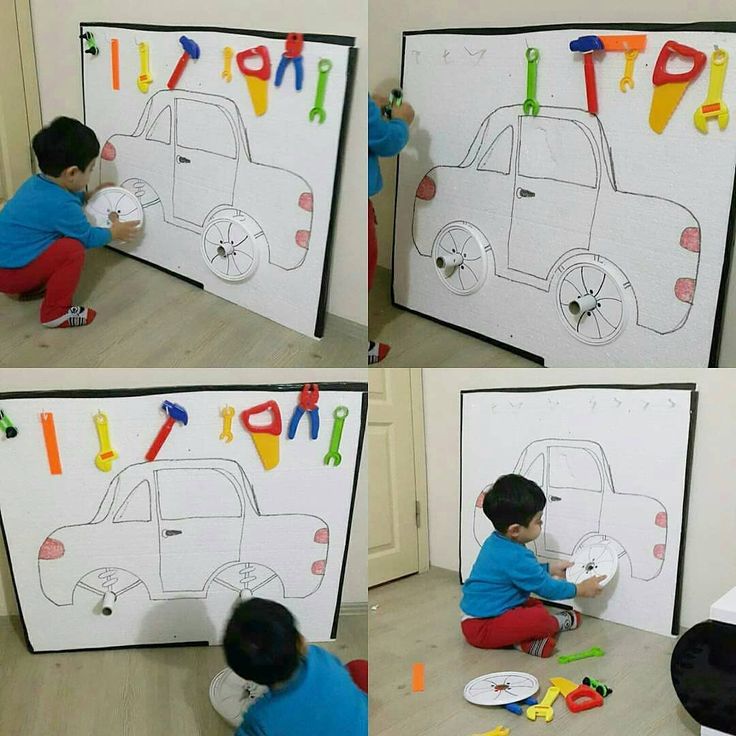 " Practice taking turns with your child by saying "my turn" and "your turn." Most important, focus on having fun while playing together.
" Practice taking turns with your child by saying "my turn" and "your turn." Most important, focus on having fun while playing together.
Role Play
Create a list of things to say and then "role play". For example,
- How to introduce themselves, i.e., "Hello, my name is…"
- How to join in playing with others, i.e., "May I play too?"
- How to nicely negotiate with others, i.e., No, thank you, I do not want the blue car. May I have the red truck, please?"
Social and Emotional Learning Skills
We will look at communication skills and some social-emotional development activities for toddlers and preschoolers to build effective communication.
Communication
Effective communication is one of life's most essential skills. Children need to be able to understand and express their emotions while also recognizing the feelings of others'. The need for positive interactions and connections with others is vital to our well-being. Below are just a few of the skills used in positive communication:
Below are just a few of the skills used in positive communication:
- Active Listening
- Following Directions
- Making Eye Contact
- Using Good Manners
- Having A Sense of Humor
- Not Speaking Too Loudly
- Speaking Clearly
- Telling The Truth
- Using Kind Words
Active Listening
Good listening skills require children to be active listeners. They must hear and understand what someone else is saying. As the foundation for effective communication, being an active listener is a skill that is essential for healthy relationships throughout life. Epictetus, a Greek philosopher, said, "We have two ears and one mouth so that we can listen twice as much as we speak." What wise words!
Practice is the name of the game! Try reading a book, stopping regularly to ask your child to recap the story. For instance, ask them, "What has been happening in the story?" Encourage them to continue listening as you read.
"Listening is where love begins.
" - Mr. Rogers
Following Directions
Following directions and listening are two skills that work closely together. Often, kids have a hard time following directions if they are not using their listening skills.
Younger children can get distracted or forget what you asked them to do. Use this time as an opportunity to practice their skills. For example, practice regularly with simple requests like "Please pass the butter to me" then give praise immediately for following directions.
Also, with young children, you want to give just one direction at a time. Instead of saying, "put on your shirt, wash your hands, and come to the table for dinner," pause until they have put on their shirt before you give the next request.
Furthermore, how you frame the direction makes a difference. You want to avoid phrasing it like a question. This suggests your child has an option and can say "no." Instead, ask them to repeat back what you said once you have given your direction, additionally reinforcing their listening skills.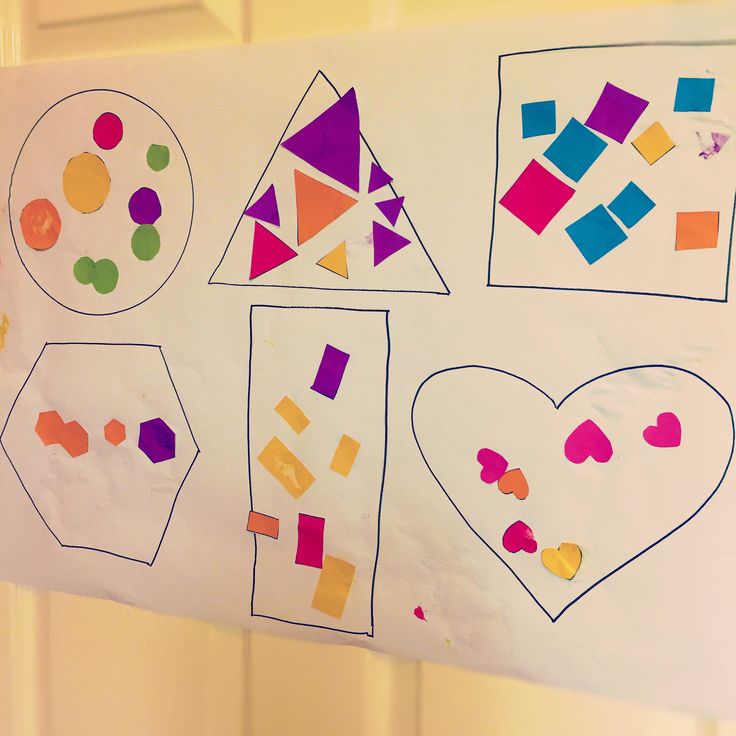
It is important to praise your child when you see they are following directions. Say things like, "Thank you for putting your blocks away the first time."
Making Eye Contact
Some kids may be shy and struggle to look at a person when speaking with them. However, making eye contact is imperative to effective communication, and children need to practice. Highlight the importance of making eye contact and model the behavior.
If your child finds it difficult not to look up, gently remind them by asking them, "Where do your eyes go when someone is talking to you? Always look for times to praise them when they remember to look at people when they are talking. You want to be kind and positive; shy children can often feel anxious.
Practice making eye contact with you first in a safe and loving environment. Have your child describe a story while you play with a toy, close your eyes, or look around but NOT at them. Then, have them share another story; this time, make eye contact while they are speaking.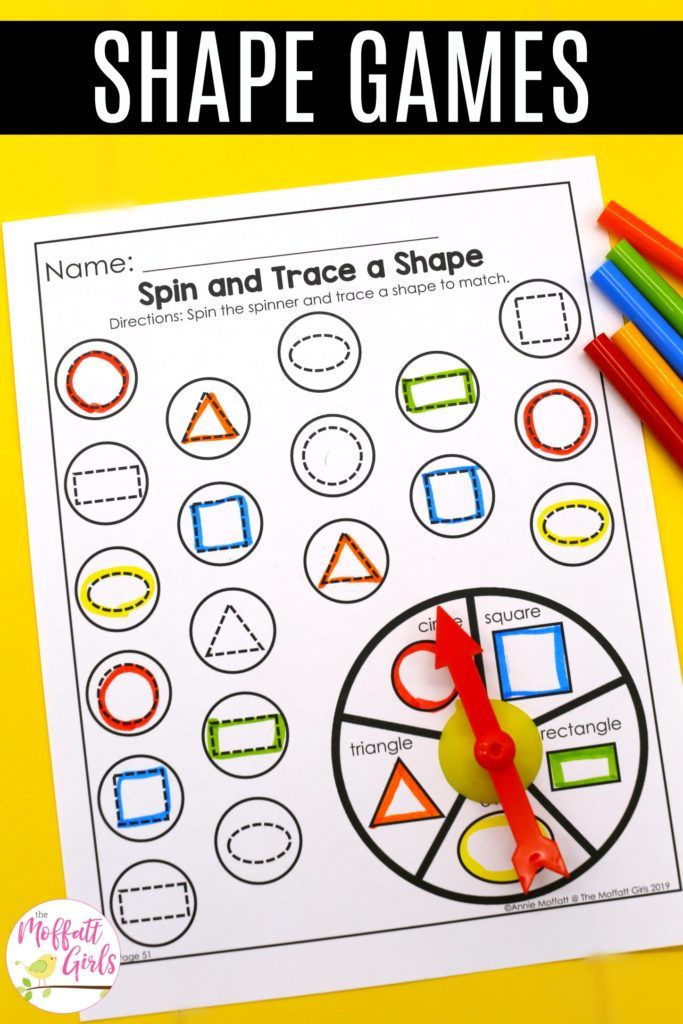 Afterward, talk about how it made them feel in each instance.
Afterward, talk about how it made them feel in each instance.
Using Good Manners
Good manners are more than just minding your "Please," and Thank you." It is about being polite and courteous, like not interrupting or talking with your mouth full. Using good manners, whether while eating and speaking, at home, or in public, is also about respect. Greeting people like family, friends, or visitors with a "Hi" or "Hello" makes them feel welcome and appreciated. Let's not forget the importance of "I'm sorry" and Excuse me."
We realize that teaching good manners can feel like an endless battle. However, when your child is polite and courteous, it makes others want to be around them. Furthermore, they are more likely to be invited places if they are respectful, gracious, and well-behaved.
Once before a trip to France, we were reminded that Americans are often considered rude by other countries. We can be loud in public, but the thing that struck me the most was that we forget to say "Hello" before asking for help or directions.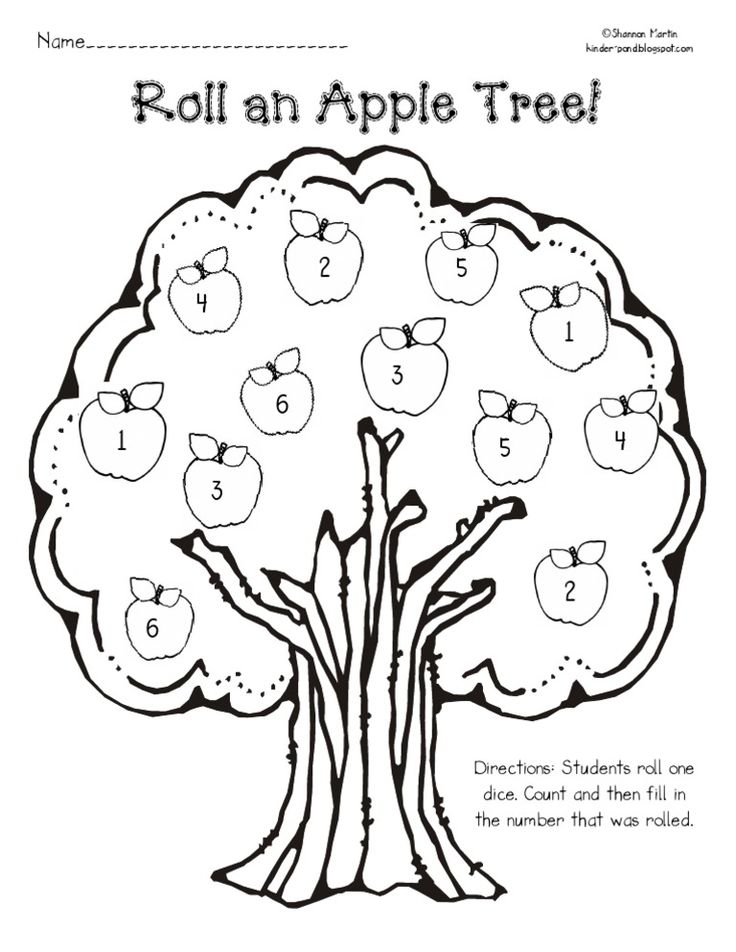 What a concept, a simple greeting of "Hi. How are you?" before asking, "Where can I find the bread" goes a long way.
What a concept, a simple greeting of "Hi. How are you?" before asking, "Where can I find the bread" goes a long way.
So, we tested it out while we there and what a positive response and experience we had. We also started practicing it at home and WOW! what a difference it makes. Such a small effort with a huge impact.
Now that was easy for us adults, but how do we teach our children good manners? Model them! Always saying "Please" and "Thank you" to your children, as well as others. Give gentle reminders and praise them when they remember to be polite.
Better yet, practice with these fun social-emotional activities for preschoolers and toddlers below.
Emotional and Social Development Activities For Toddlers
Social skills activities for toddlers are usually quite simple. Typically, before the age of three, toddlers rarely play cooperatively, but instead, they play alongside one another, enjoying each other's company. They are just beginning to engage in pretend play and like to imitate friends and adults.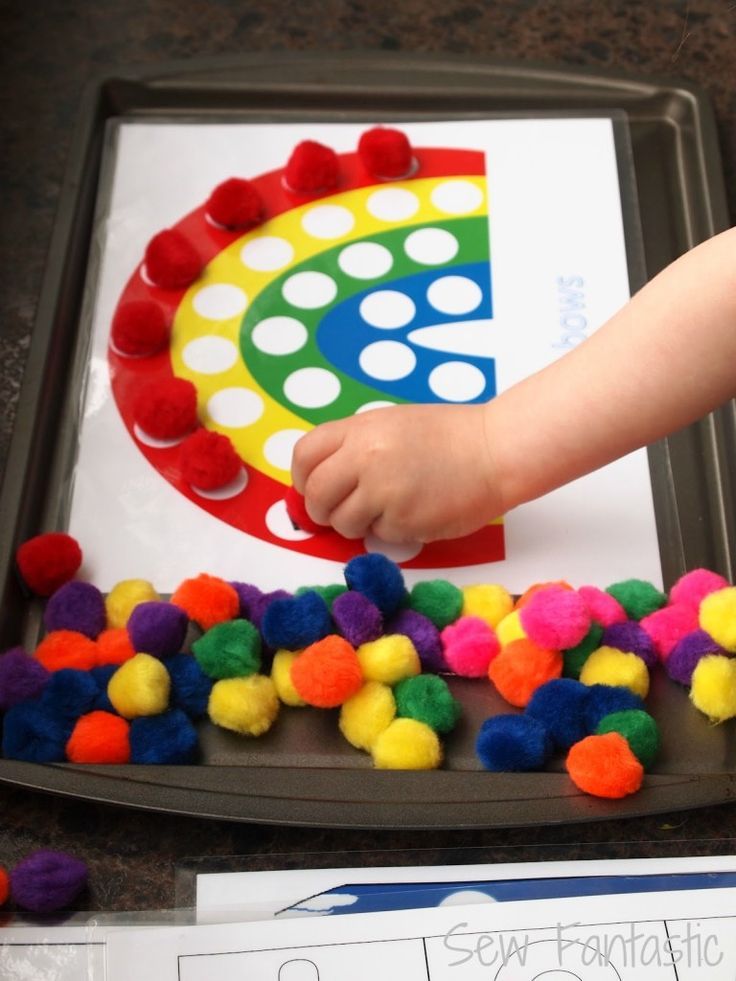 You see an increase in their independence, but they may still have some separation anxiety. For successful interaction, keep these general guidelines in mind when planning your social-emotional learning activities for toddlers.
You see an increase in their independence, but they may still have some separation anxiety. For successful interaction, keep these general guidelines in mind when planning your social-emotional learning activities for toddlers.
Hands Are Not For Hitting
Not hitting, is a vital skill to learn, especially for toddlers. You can create a song about what hands are for, including hand motions. Add things like Hands are for waving, clapping, drawing, hugging, and more. Look for more ideas in the "Hands Are Not For Hitting" book by Martine Agassi Ph.D.
Red Light, Green Light For Toddlers
This childhood classic requires listening and following direction skills. For toddlers, you may want to use signs to help them understand the directions initially. For example, you could make a round yellow "light" with a picture of hands clapping as a visual cue. As they become more proficient, you can remove the signs one by one and let them play by listening only.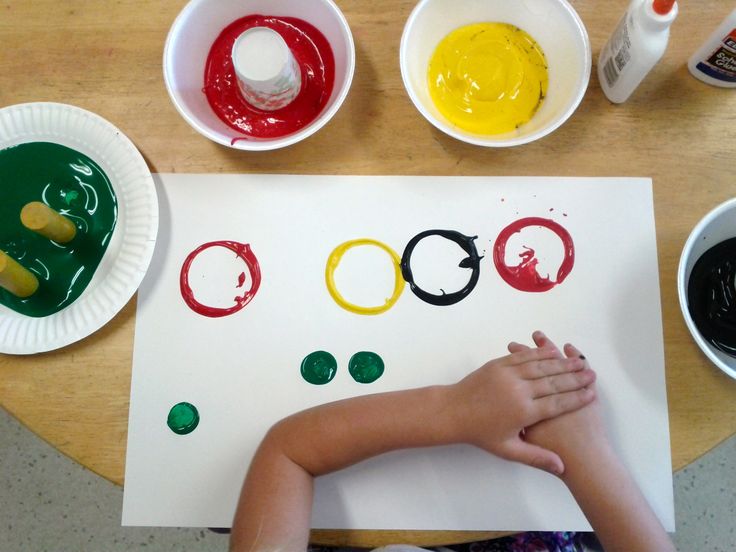
To play, one toddler is the "stoplight," and the others are bikes or cars. Let the kids decide. Next, the "stoplight" says "green light," and all the bikes come running towards the light. When the light calls out "red light," they all have to stop. If they fail to stop, they return to the beginning and start over. The first one to the "light" wins and gets to be the next "stoplight."
Follow My Clap
This game can expand as your child grows. For a toddler, start with a simple clapping pattern, have them listen, and then copy the rhythm. As the child gets older and more proficient, you can add other hand motions like slapping their knees for more complex patterns.
Follow The Leader
Another classic perfect for all ages and learning to follow directions. Choose one person to be the leader. With younger children due to language barriers, it might work best to be the leader in the beginning or just use physical cues. Have the leader "call out" or "act out" movements the kids must follow exactly.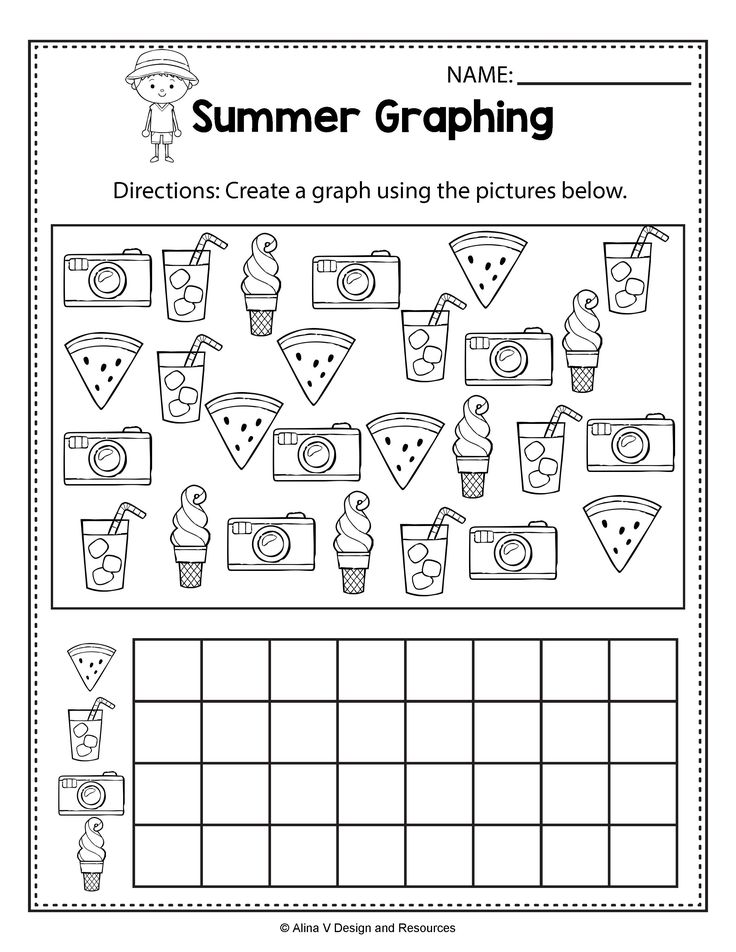
Simon Says
Not only, one of the best games for teaching listening and following directions skills, but also fun for all ages. You know how it goes, right? Someone gets to be "Simon" and gives directions to the other players. Let your child use their imagination and creativity; they could also be "Spiderman" or "Batman." How about "Anna" or "Elsa"? Maybe they want to dress up and get into character.
Next, they have to listen to see if they are supposed to follow the instruction. For example, when "Simon says…" before the direction, the child follows the direction. However, if they give an instruction without saying, "Simon says…" first, then the child does not follow the direction. If you do, then you are out!
Remember to keep the directions age-appropriate. Start slowly and be sure they understand the instructions. For younger children, you may want to give visual cues. For instance, if you say "turn around," then physically turn around.
Loud Or Soft?
Here is another easy game to fine-tune your child's listening skills.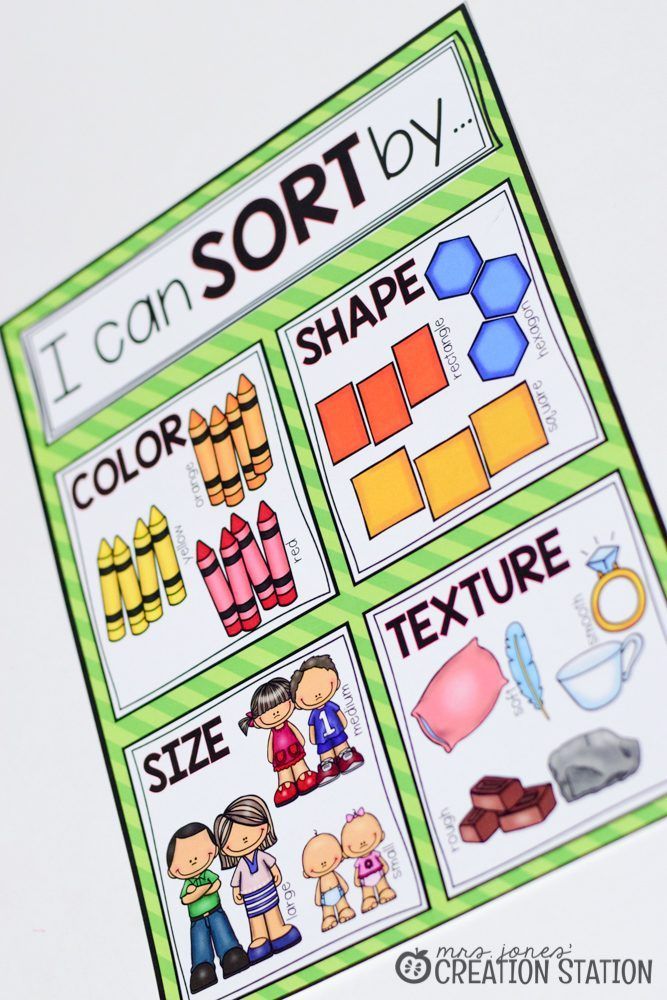 It requires them to focus and to understand loud versus quiet sounds. Which is helpful for down the road when you are asking them to use "soft voices." Start by making loud or soft sounds with various items, like loudly banging two blocks together. Then ask the child if the noise was loud or soft?
It requires them to focus and to understand loud versus quiet sounds. Which is helpful for down the road when you are asking them to use "soft voices." Start by making loud or soft sounds with various items, like loudly banging two blocks together. Then ask the child if the noise was loud or soft?
In another version, you can have all the kids make noise, such as stomping their feet. First, have them do it loudly, and then the leader says, "soft," and they stomp quietly.
Social-Emotional Activities For Preschoolers
As your preschoolers' skills increase, their social and emotional learning skills will become more complex. At this stage, they enjoy playing with other children, rather than alone. They are more creative and like to pretend, so now is a great time to add dress-up clothes and props for more imaginative play. Also, they want to try new things, so be creative and use your imagination when planning your social-emotional learning activities for preschoolers.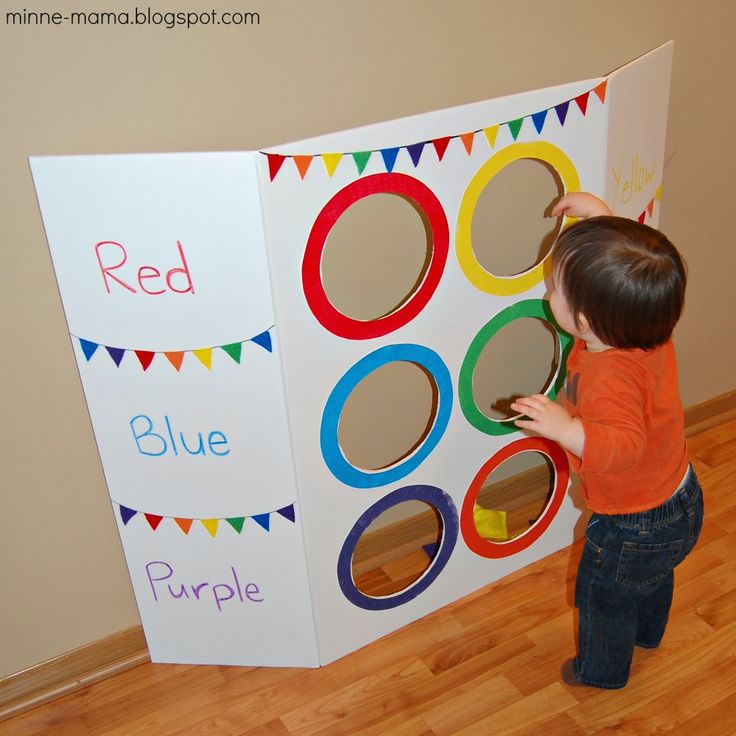
What Sound?
This one can be a lot of fun to watch children express different sounds. First, have children sit back to back. One at a time, have them make a sound (like an animal sound) and see if the other person can guess the sound. Then switch.
Follow The Rhythm
Create a pattern of sounds using musical instruments like drums or even pots and pans with wooden spoons. For instance, you bang on the drum three times. Then have your child repeat what you did. As the child increases their proficiency, you can make rhythm patterns more complicated.
Listening Activity With Blocks
Here is an easy and fun activity for one or more preschoolers, to reinforce active listening. Start with a large container of magnetic tiles in a variety of colors. Ask the first child to add "a blue block to the tower." Next, ask the second child to "add two green blocks to the tower." Continue until you run out of blocks. You can increase the difficulty if the children seem to be listening well by adding more complex instructions.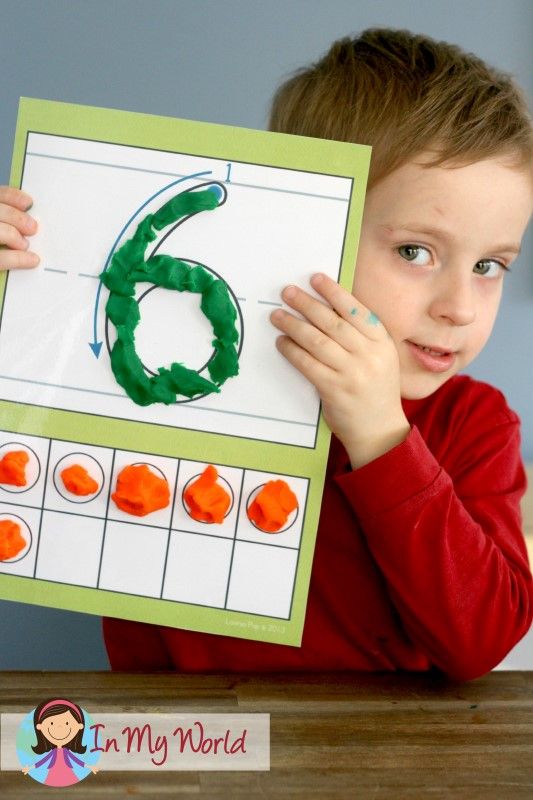 For example, "add one red block, one blue block, and two green blocks."
For example, "add one red block, one blue block, and two green blocks."
Obstacle Courses
Kids love them! Not only do kids reinforce their listening and following direction skills, but they build gross motor skills too! It is important to start small. Depending on your child's age and ability, begin with 3-5 obstacles or tasks.
Here are some ways to focus on listening and following direction skills.
- Give them the exact directions on how to move through the obstacle course. For instance, if you use giant building blocks, tell them whether to go over, around, or knock them down.
- Try incorporating a station where they have to stop and listen for the directions like "Simon says..." Once the task is completed, they can continue.
- What about including a magnetic blocks station where they must build a pyramid.
Games To Enhance Social And Emotional Skills
Playing games offers many benefits. They encourage early learning, paying attention, and increase language development.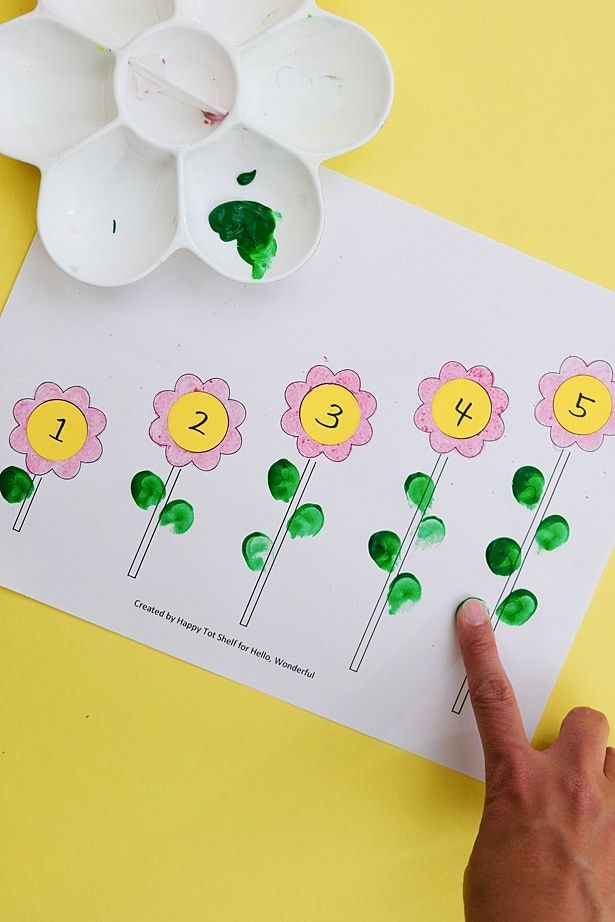 They provide opportunities to connect, to step away from our screens, and teach the value of teamwork. Most importantly, they focus on having fun.
They provide opportunities to connect, to step away from our screens, and teach the value of teamwork. Most importantly, they focus on having fun.
Red Light, Green Light For Preschoolers
A classic childhood game for preschoolers, with a twist. Once your child understands red means stop and green means go, you can increase the complexity by adding additional "light" colors. For example, "yellow light" for clapping, "blue light" for turning around, and "orange light" for jumping in place.
Or reverse the colors with "red light," meaning go and "green light," meaning stop. These simple variations force them to listen more carefully.
Mother May I?
Another childhood classic that requires following directions. One kid is the "mother" and stands far away, facing the line of children. "Mother" then chooses one child at a time and gives them a direction. Typically, these directions follow a standard, such as "Luke may take three giant steps forward" or "Hannah, you may take four baby steps forward.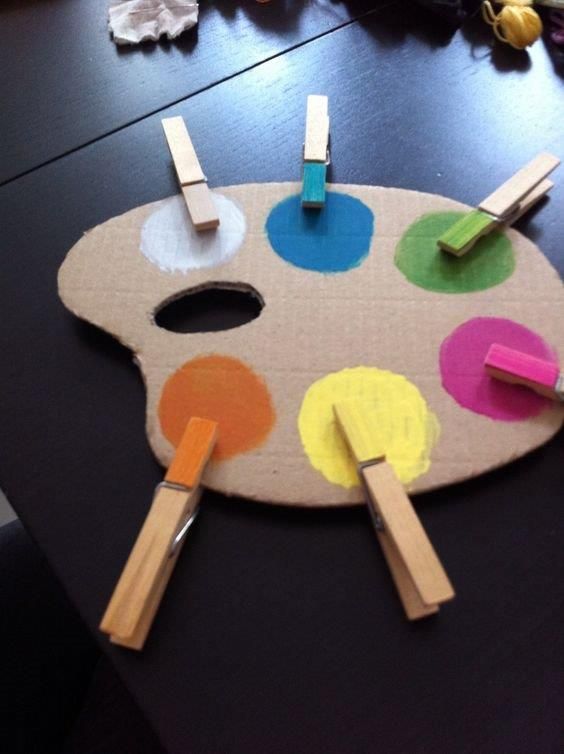 " The child then asks, "Mother may I?" and "mother" replies yes or no. If the child forgets to answer, "Mother, may I?" then they have to go back to the beginning. The first child to get to "mother" wins.
" The child then asks, "Mother may I?" and "mother" replies yes or no. If the child forgets to answer, "Mother, may I?" then they have to go back to the beginning. The first child to get to "mother" wins.
Simon Says (try a twist of "Listen To What I Say And Not What I Do")
You know how it goes, right? Someone gets to be "Simon" and gives directions to the other players. For preschoolers, you can add complexity by providing more than one-step instructions. For example, try "jump two times, clap your hands, and turn around."
Remember if they give an instruction without saying, "Simon says…" first, then the child does not follow the direction. If they do, then they are out!
Here is a fun twist on the game for older preschoolers. This version "Listen To What I Say And Not What I Do" requires kids to focus their listening and NOT uses visual cues. For instance, "Simon says...,: "run in place," but he is jumping in place. Then the correct action is to "run in place."
Here are a few fun commands to get the game started.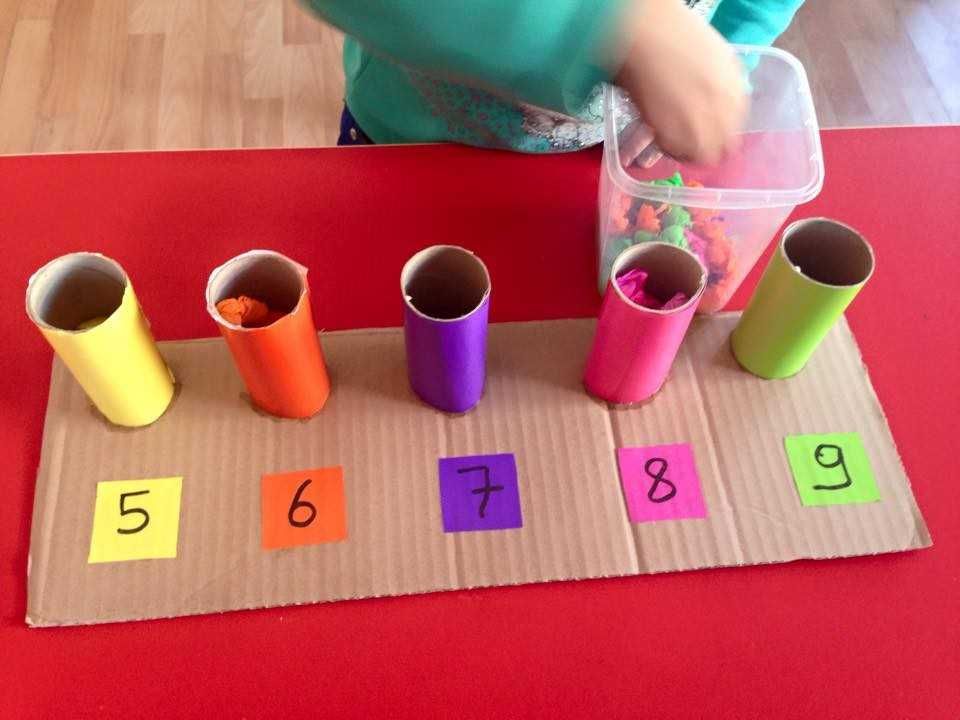 "Simon says…"
"Simon says…"
- Play air guitar
- Waddle like a penguin
- Act like a monkey
- Bark like a dog
- Meow like a cat
- Start singing
- Start dancing
- Cry like a baby
- Pretend to climb a ladder
- Walk backward
Build It! (a variation on the "Teacher Says" game)
In this version, you play with blocks.
- Gather a bunch of wooden building blocks as props and place them in the middle of the room.
- Choose one child to be the "builder" and explain the game.
- Next, you are the "contractor" to model how the game is played. Continue in this mode until the kids fully understand how to play the game. Then one of the kids can be the "contractor."
- Finally, give the "builder" a set of 2-4 directions, such as "line up two wooden square blocks, add one rectangle block on top, and one triangle block to the top." As you play, show useful listening methods, like making eye contact with the speaker, repeating the directions, waiting for all the instructions before starting, and creating a picture in your mind.
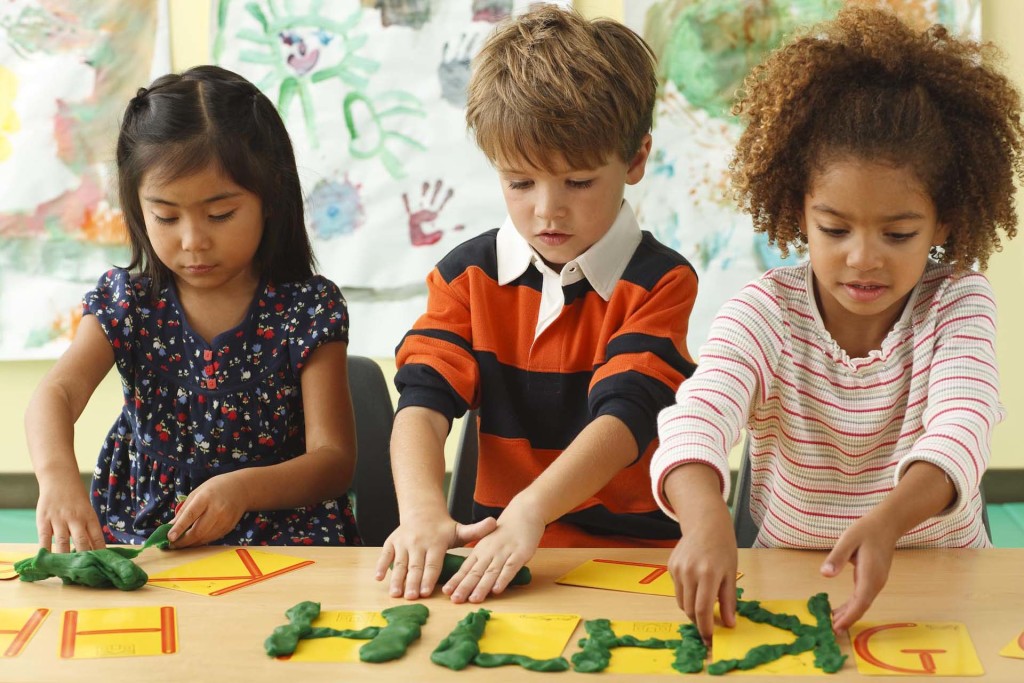
"Please" And "Thank You" Game
This game is a fun way to practice table manners before a special dinner like Christmas or Thanksgiving. Create make-believe food dishes to pass. Have your kids draw pictures of various dishes, such as mashed potatoes, broccoli, or pie on the plates. Also, you could simply cut them out of magazines or print them from the internet. Then glue the pictures to paper plates for passing.
Here is how to play:
- Start with the first "dish."
- Have the child name the food. Ask if they like it?
- If they do not like it, have them say, "No, thank you." If they do, "Yes, please!"
- Afterward, they pass the plate to the next child, asking, "Would you like some________?
- The child can then respond with a "No, thank you" or a "Yes, please."
- Continue until you have passed all the "dishes."
Music and Dance Activities
Dance and music are not just fun for toddlers and preschoolers, but they are beneficial too! Music cultivates communication and allows kids to express themselves.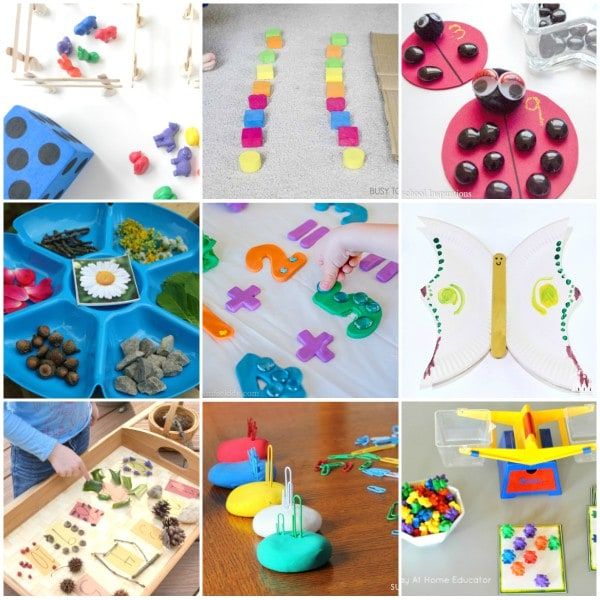 Furthermore, it contributes to imagination and creativity.
Furthermore, it contributes to imagination and creativity.
Let's Have A Dance Party!
This one starts with some music. Next, either an adult or a child may be the "dance leader." The "leader" starts dancing, and everyone must follow the moves exactly. Make it fun and silly! After about 30 seconds, but no more than a minute, the "leader" calls out another child's name, and they become the next "dance leader." Continue changing places until everyone has had a chance to be the "dance leader." Beware if you are caught not making the moves exactly, you will have to take a seat.
Freeze Dance
Kids love nothing more than music and dancing! This one is simple and fun. Play some music, and the kids start dancing, once the music stops, they "freeze." You can also add some variations like having them dance to the beat of the music, for instance, dancing slow motion to slow music and dancing fast to fast beat music. Or reverse it, dancing slowly to fast music and fast to slow music.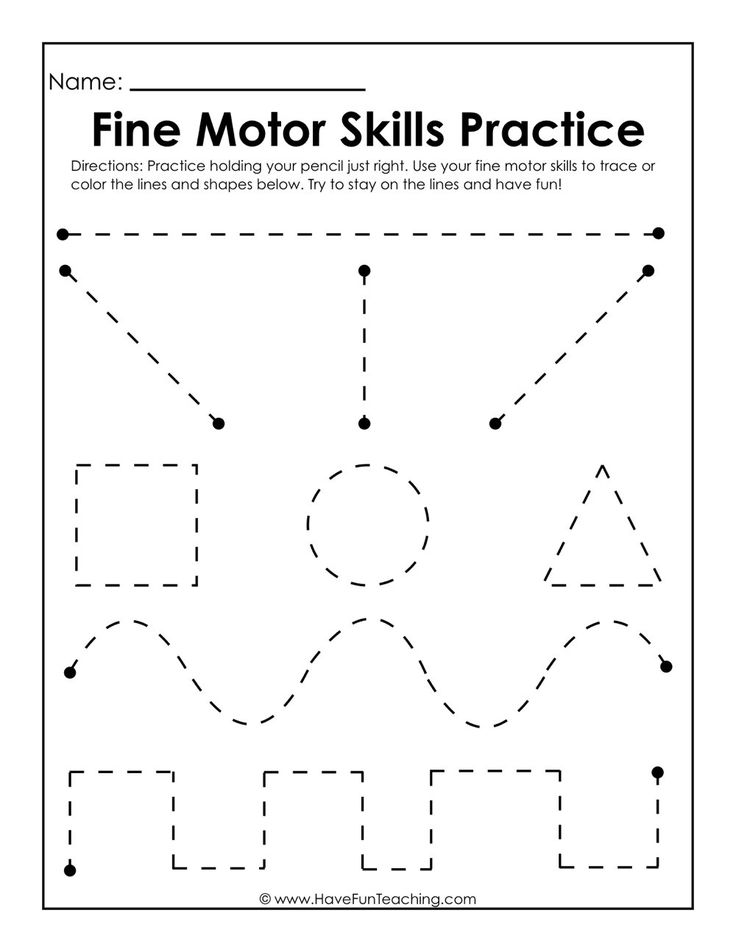
Easy social activities for toddlers and preschoolers are a fun way to help children learn how to listen, follow directions, and use good manners. For more development activities, check out our "Simple Block Activities For Toddlers And Preschoolers" post.
Check back soon for an upcoming post on more social-emotional activities for preschoolers and toddlers, focused on exploring their feelings, cooperation, and how to make and keep friends. Until then, we hope you enjoy your time together playing and practicing.
13 Social Skills Activities for Preschoolers + Milestones
- Share
The foundation for a person’s social behaviour is laid during the early years, which makes preschool a crucial time to ensure your children are learning social skills.
In this article I’ll explain briefly:
- why social skills are important
- examples of social skills for preschoolers
- the stages of social development
- social milestones by age
- 13 social skills activities for kids
Developing social skills in preschoolers is vital in order for them to be able to interact with others successfully and form healthy relationships throughout life.
As children grow, they learn about social roles, values and behaviours from the world around them.
Parents, siblings, extended family, peers and teachers all have a role to play in moulding children’s social skills.
Healthy socializing involves three general things – generosity, helpfulness and taking turns.
Generosity
Generosity is about sharing with family as well as friends. Children must also learn to respect others’ rights and possessions.
Helpfulness
Learning to be friendly, considerate and helpful must be balanced with not being overly submissive and stifling the development of their own personalities.
Taking Turns
This is one of the most important skills to learn. It is the basis of courtesy and thoughtfulness and is relevant at almost every level of life.
Children must allow others to have their turn but also have the self-confidence to insist on getting their own turn, without trying to dominate activities and conversations.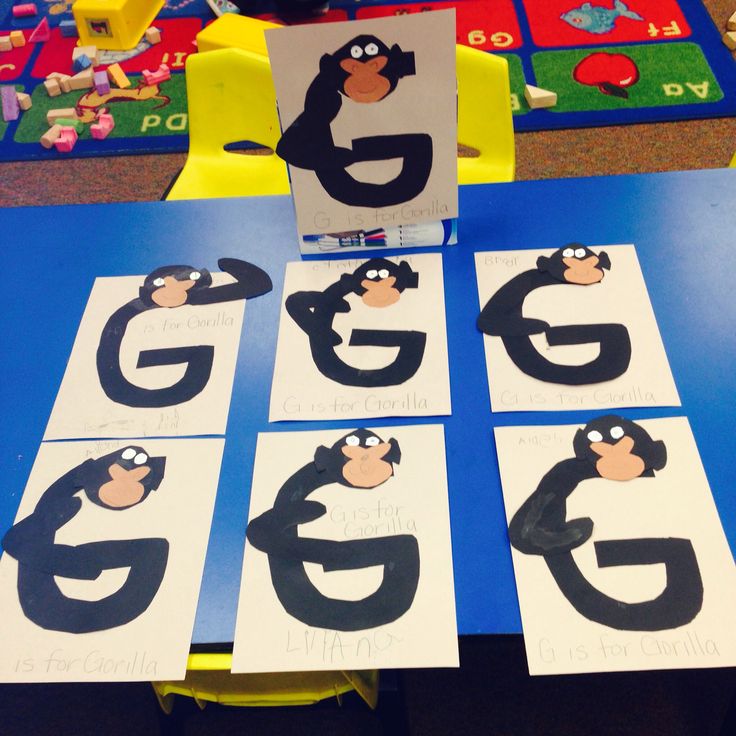 The example parents set is important.
The example parents set is important.
The social and emotional development of a child is an important aspect of their growth, just as much as intellectual or physical development, which we tend to pay more attention to.
Children need to build a set of prosocial skills in order to navigate communicating with others and building relationships. Here are some examples of social skills:
- Cooperating
- Being helpful
- Compromising
- Giving
- Sharing
- Taking turns
- Negotiating
- Showing sympathy
- Having empathy
- Imitating
- Protecting
- Assuming responsibility
- Respecting others’ views
- Showing attachment
Antisocial behaviours prevent children from communicating effectively. These are a few examples:
- Selfishness
- Telling lies
- Aggression
- Egocentrism
- Taking others’ possessions
- Bossiness
- Destructiveness
- Prejudice
In order to help children build social skills, it is necessary to first understand the social stages and milestones they will progress through so you can support them at their stage of maturity.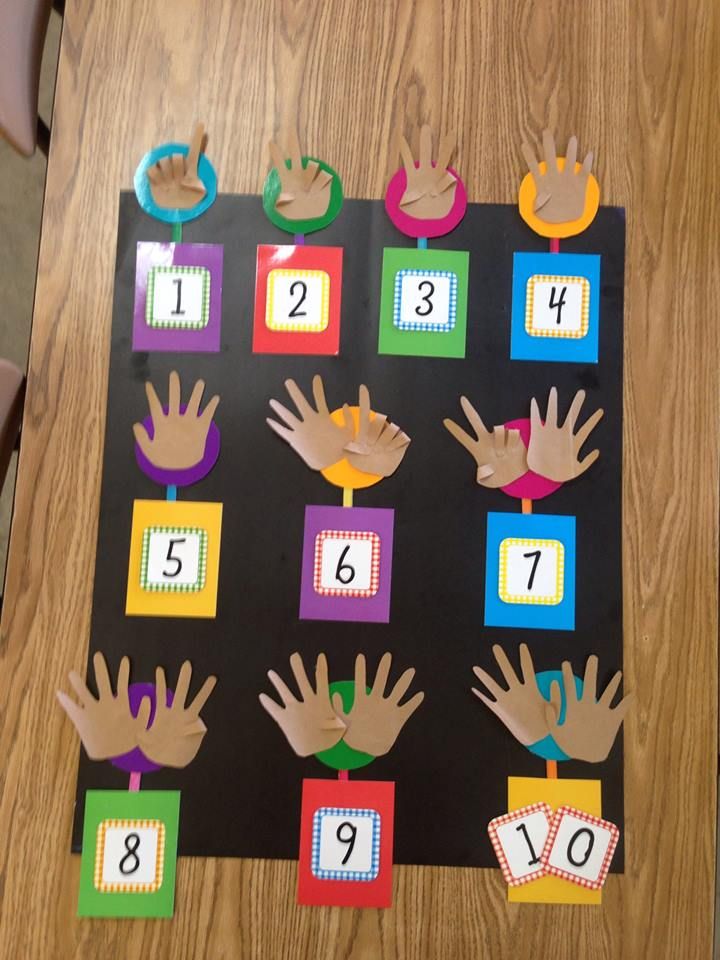
For example, there is no need to worry that your 2-year-old won’t share his toys as this is normal at his age. He is not yet mature enough to understand the concept of sharing.
Social development can be divided into three main stages: the Infancy, Childhood and Youthful periods.
Infancy PeriodThis stage begins at birth and ends at the first signs of speech. During this stage, infants learn to tell the difference between their own bodies and the environment around them.
Social development is strongly influenced by the mother-child relationship because the way a mother cares for her child will either convey tenderness or anxiety.
Childhood PeriodThe childhood period begins when a child uses clear speech and lasts up until the need for playmates of the same age emerges.
By following the example set by the parents, a child begins to classify his own behaviour as good or bad.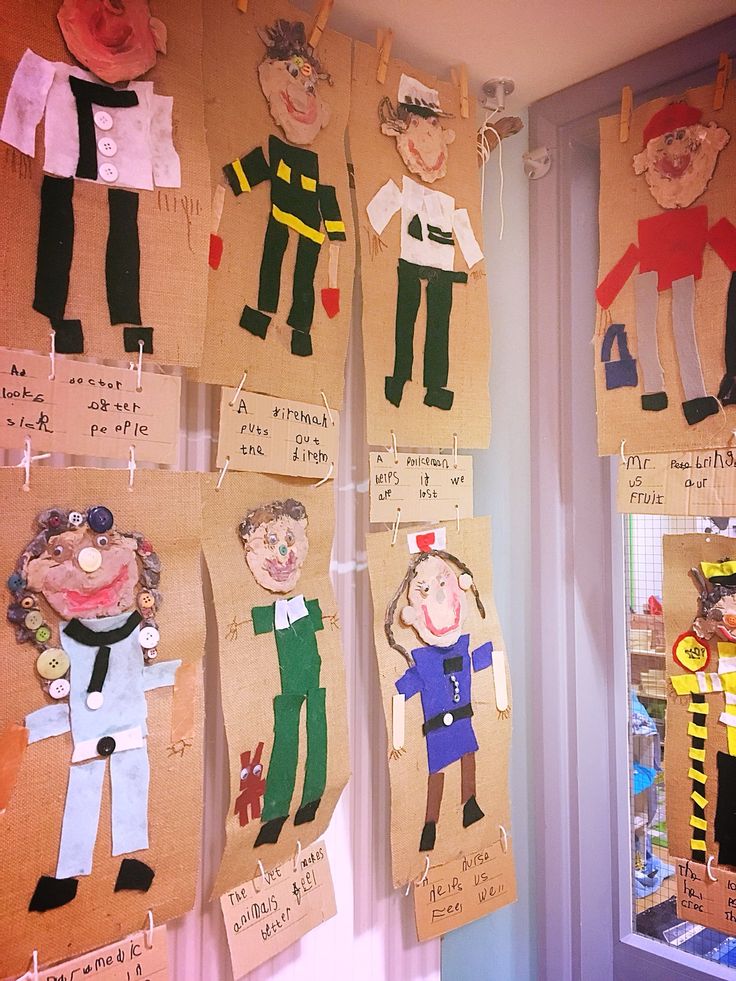 He also realizes the difference between enemies and friends.
He also realizes the difference between enemies and friends.
During this stage, children acquire language as well as cultural customs, such as hygiene, toilet or eating practices.
Youthful PeriodThis period begins when children prefer to play with others of the same age. More complex skills of interpersonal behaviour are learnt, such as cooperation, competition and compromise.
Here is a table of common milestones that occur at various ages as a child matures.
12 Months
- Shows affection for people she knows
- Likes to be around loved ones – to always hear or see them
- Passes an object or toy to an adult when asked, and sometimes even spontaneously
- Waves goodbye
- Begins to play games such as hide-and-seek
18 Months
- Plays alone happily but likes to be near a familiar adult or older sibling
- Likes other children but does not play with them
- Shows affection for family members, pets and dolls
- Begins to imitate people
- Repeats actions and expressions that receive a positive reaction
2 Years
- Likes people but is still egocentric
- Follows caregivers around the house and demands constant attention
- Imitates domestic activities
- May take turns but has difficulty sharing toys or adult attention
- Throws tantrums in order to be understood
- Happily plays near other children, but not yet with them (parallel play)
- Sometimes hits or bites children to get a reaction
- Can role play e.
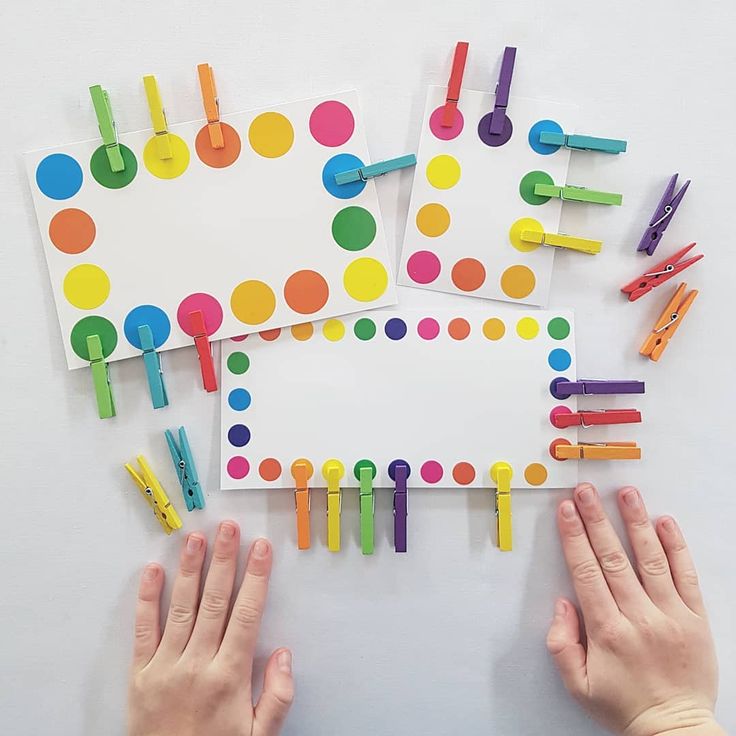 g. put a doll to sleep or wash the dishes
g. put a doll to sleep or wash the dishes
3 Years
- Begins to behave unselfishly
- Shows affection for younger siblings
- Likes helping with domestic activities such as shopping or cleaning
- Begins to share with others
- Enjoys playing alone and with other children
- Begins to show a preference for certain friends
- Begins to show sympathy when someone is upset
- Engages in make-believe play with dolls and toys and enjoys pretending to be someone else
- Still sees most things from their own perspective
- Talks about self, family and possessions
- Shows empathy with characters in stories
- Can wait for you to finish before talking
- Sometimes has an imaginary friend
4 Years
- Really enjoys the company of friends and can play in a group
- Often has a best friend
- Is strong willed
- Begins to form a sense of humour
- Understands taking turns and sharing
- Shows concern and sympathy towards younger siblings and friends
- Engages in dramatic make-believe play
- Becomes competitive
- Social skills develop such as – saying please and thank you (if taught), greeting people, talking to them, and showing respect towards others in the home
5 Years
- Behaves in a more controlled and sensible way
- Cooperates with companions and understands the need for rules and fair play
- Has a definite sense of humour
- Shows tenderness towards and is protective of younger children and pets
- Enjoys competitive games
- Enjoys fantasy games
- Chooses own friends (usually of the same sex)
- Begins to learn the value of compromise and negotiation
As you can see, sharing is a struggle for very young children.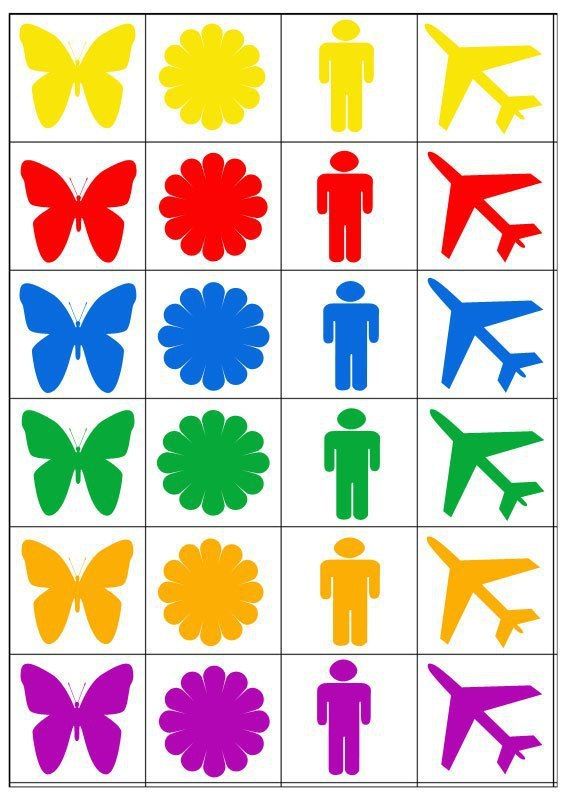 The advice is usually to divert and redirect attention when dealing with toddlers [source].
The advice is usually to divert and redirect attention when dealing with toddlers [source].
The most important activity your children can engage in, in order to develop their social skills, is play.
When preschool children play together they learn together.
Here are some reasons play is important for your child’s social development.
- It teaches cooperation and how to take turns
- Children are able to try different roles and personalities
- Play teaches children to verbalize their needs
- Kids learn to lead and follow
- It provides a broad base for the use of social language skills
- Children learn to respect others’ rights and possessions
- They develop an awareness of themselves as a member of a group
- Through play, they understand their own culture and values
- They gain knowledge about society’s rules and about group responsibility
- Play develops a positive self-image and self-concept
- It teaches how to participate in a group
- It promotes gender-role identification
- Children develop common goals and interests as they play together
- They learn to see others’ perspectives
- Children experience delight when playing
If you are wondering what activities would be most effective to help a child develop positive social skills, the answer is that you don’t really need a list of specific activities to “teach” them about socializing.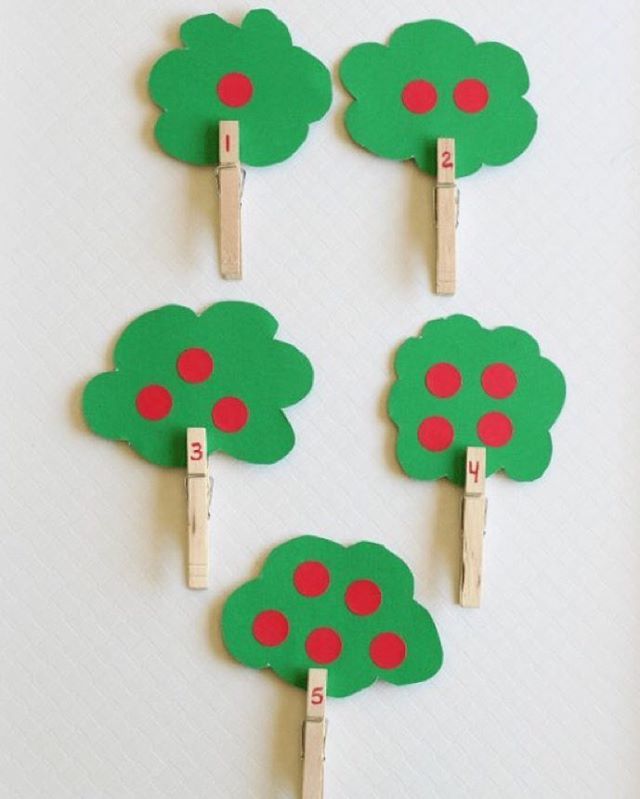
Rather, it is about giving them enough opportunities to play and interact and encouraging certain types of games and activities that involve interaction and cooperation.
You can discuss or play social skills games around topics like feelings and how to cope with conflict, but it will only be through experiencing these feelings and conflicts that your children will really learn these lessons and understand these concepts in a meaningful way.
Here are some simple social development activities for 3-5-year-olds.
1.
PlaydatesInvite friends over for a playdate and take your children to play with friends as often as you can. Playing with siblings is also good interaction.
The more opportunities your child has to mix with others, the more they will practise socializing.
Don’t leave your young child alone with a friend if he is not yet comfortable. Give him time to build trust.
2.
Group GamesPlay group games that involve taking turns and following rules.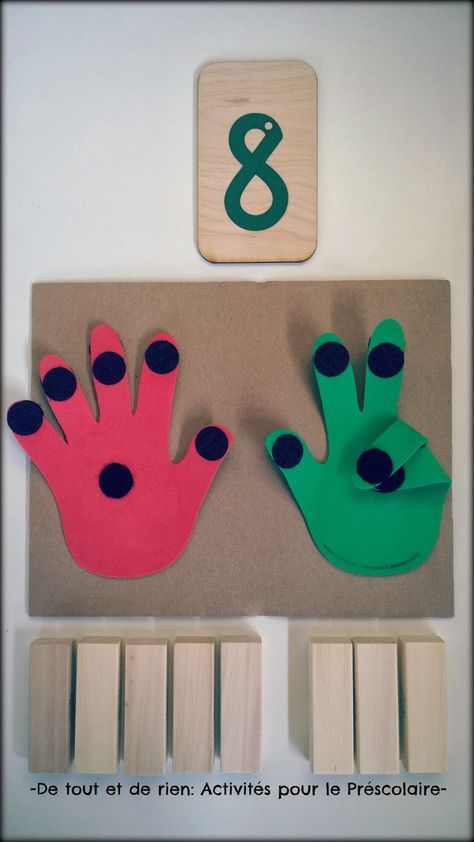
Children will learn with time that social interaction is fun and that in order for the game to work, they need to consider each other and all be active participants.
Also, encourage musical games such as musical chairs where there are rules to follow and children have to compete while still considering each other and being comfortable with losing sometimes (e.g. if your friend gets to a chair before you).
This takes maturity to understand.
3.
Board GamesBoard games are an excellent activity for older preschool children. These should have multiple players (even if you start with 2), rules and an objective (e.g. in Snakes and Ladders the objective is to reach the end first).
It can be a complex task for a child to learn to follow rules and keep the game positive while competing with friends or family members.
Younger children can start with simple card games or very basic board games.
4.
Fantasy PlayFantasy, or dress-up play, is an important part of learning to socialize.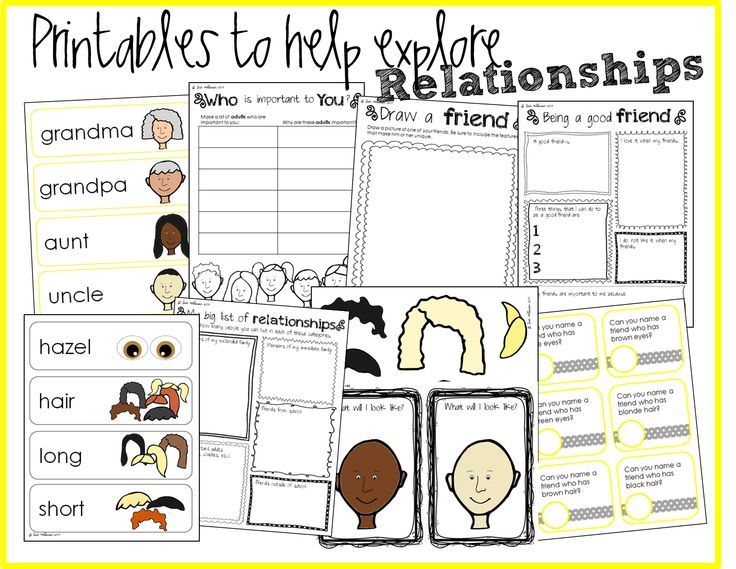 During this kind of play, children make sense of their world and the people around them by role-playing.
During this kind of play, children make sense of their world and the people around them by role-playing.
This is how they “practise” being an adult, behaving and interacting as an adult would. They also act out their own social customs and norms.
Fantasy play is a great social learning activity for children playing with one or more friends, as well as for smaller children playing alone.
Even though the child is alone, the activity revolves around pretending to interact with others, which is a great way to safely act out an interaction.
Provide opportunities at home by having a dress-up section in your child’s room. Provide different themed clothes and props and change them frequently to encourage new ideas.
5.
BlocksWhen children play with blocks together, they initially play alongside each other, building their own structures.
With time and maturity, they begin to share blocks, take an interest in each other’s structures and finally end up building something together.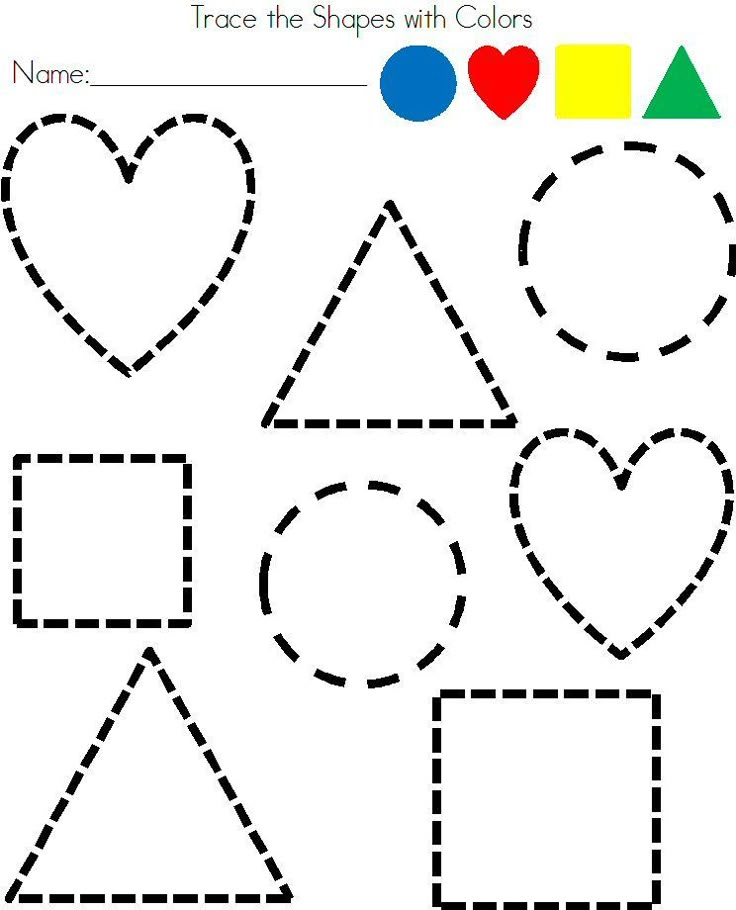
This is one of those activities where you will see this progression clearly.
By the time children are building together, they are learning to share, listen to each other’s ideas, problem-solve, organize, share opinions, negotiate, compromise and work towards a common goal.
6.
Sensory PlaySensory play is a fun activity that children love to do together. Whether they are playing with water, mud or sand, there is much sharing, negotiating and cooperation. It also often leads to fantasy play.
7.
Creative PlayWhen children are involved in creative activities such as drawing, painting, cutting, pasting or moulding playdough, they are often deep in conversation at the same time.
These activities usually happen around a table where the children are sitting calmly and are fully engaged with their playmates.
Some of the most intriguing and complex socializing I have witnessed has been around an art table.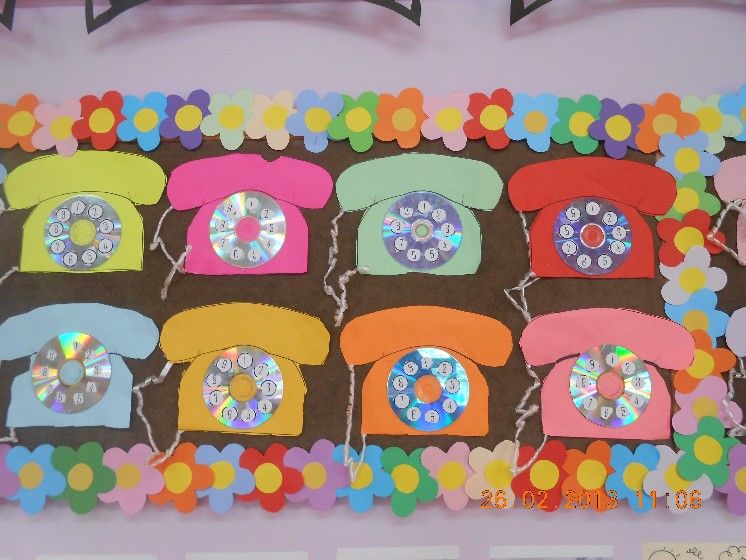
8.
ReadingReading to a child is my absolute favourite activity and one with so many benefits. Stories are all about people and animals and their relationships and interactions.
Read to your child daily and she will constantly be listening to how characters socialize, deal with problems, show emotions and generally interact.
You may find it hard to explain to a young child what empathy is, for example, but you can certainly teach the message with a story and let your child experience this trait on her own through listening.
9.
DiscussionsAlong with reading, discussions are another way to teach your children social skills.
Use every opportunity possible to discuss how your children feel, to talk about their friendships and even discuss the characters in the stories and how they handled certain situations.
When your children experience conflict with a friend, discussing possible solutions or how they can handle it is a far more educational experience than immediately intervening.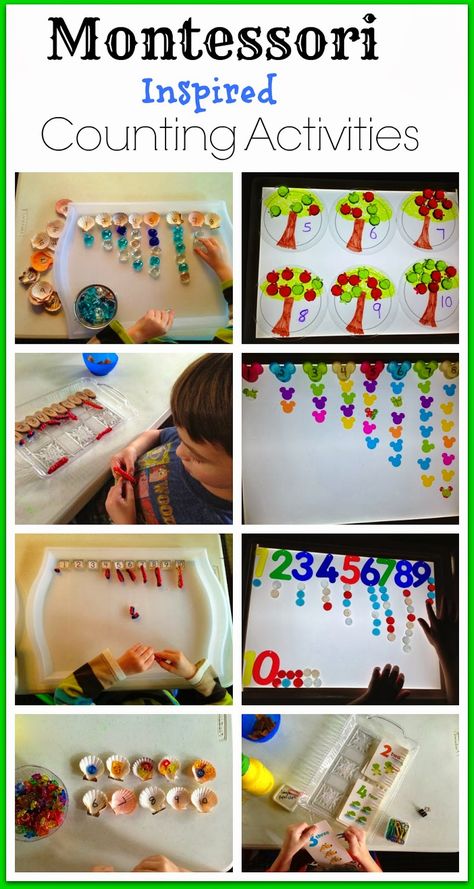
In my experience teaching in the classroom, the children who had lovely manners were taught at home as toddlers. Those who hadn’t been taught seldom spontaneously said please or thank you without being constantly prompted and reminded.
It is too late to teach a 3 or 4-year-old manners and courtesy. Start as early as possible.
11.
Free PlayThe best socializing and learning occurs naturally – when children are playing freely with each other.
You may choose to present and encourage certain activities, such as an art project, but know that any time spent playing with others is time they are learning valuable social skills.
Try not to let screen time or too many planned activities get in the way of real play and socializing.
…and don’t forget these two important points:
12.
Build a Healthy Relationship With Your ChildA child’s primary relationship – with his parents – is the basis for all future socializing.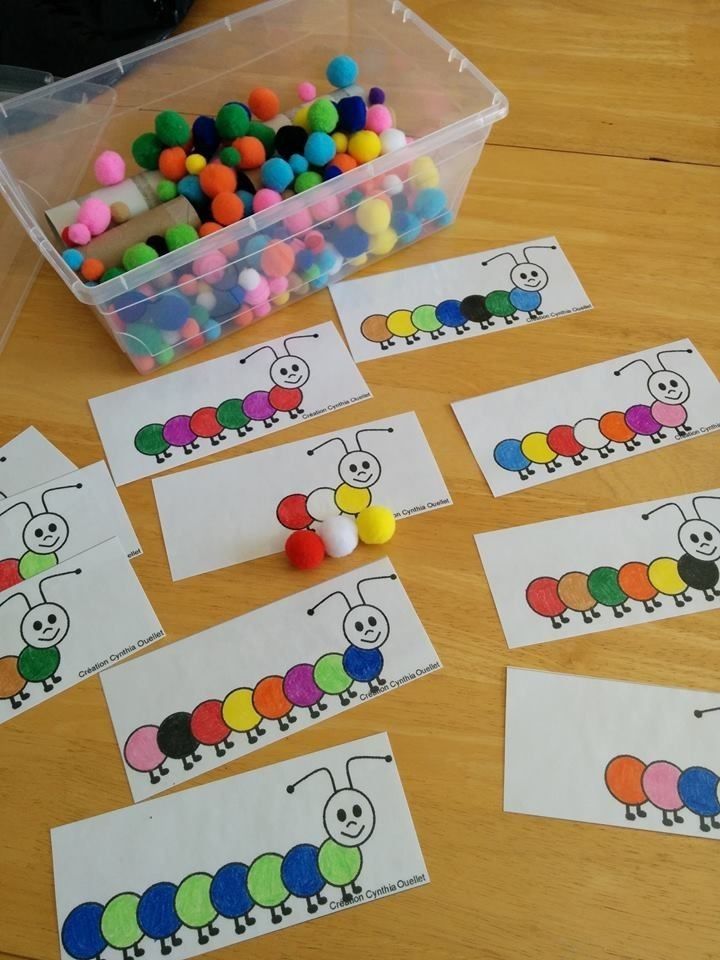
The relationship should be warm and close. Your child should feel love, security, acceptance, trust and self-esteem.
13.
Model Positive BehaviourChildren learn about socially acceptable behaviour by watching their parents. They learn more from watching you than from listening to you.
I hope you enjoyed these ideas and activities for developing social skills in preschoolers.
Source:
De Witt, M. 2016. The Young Child in Context: A psycho-social perspective. Second edition. Van Schaik Publishers: Pretoria.
Join Empowered Parents + and you’ll receive a downloadable set of printable puzzles, games and short stories, as well as the Learning Through Play Activity Pack which includes an entire year of activities for 3 to 6-year-olds.
Access is free forever.
Signing up for a free Grow account is fast and easy and will allow you to bookmark articles to read later, on this website as well as many websites worldwide that use Grow.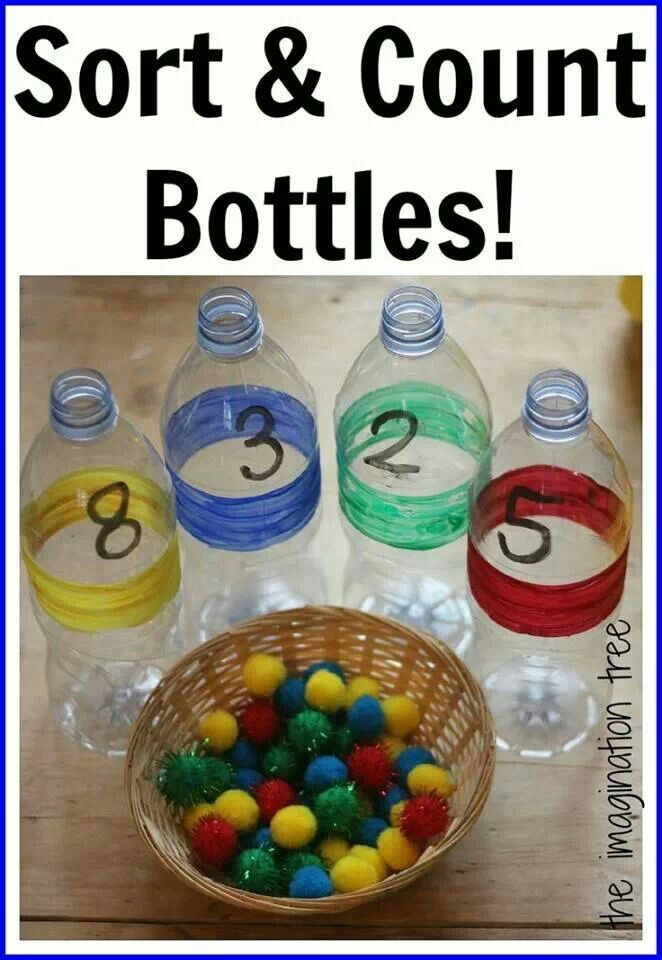
- Share
Social orientation of the work of a preschool educational institution
References:
Stupakova, L. V. Social orientation of the work of a preschool educational institution / L. V. Stupakova, M. D. Masanova. - Text: direct // Young scientist. - 2014. - No. 10 (69). — S. 417-420. — URL: https://moluch.ru/archive/69/11806/ (date of access: 21.10.2022).
A preschool educational institution (preschool educational institution) is the next institution of the child's socialization after the family. Its further progressive development, adaptation to new conditions of life and socialization largely depend on the results of this work.
The problem of social adaptation of a preschooler to life in society is very relevant today. She incorporates several areas of work with children. One of the directions is to get acquainted with the world around, which makes it possible to get acquainted with the society.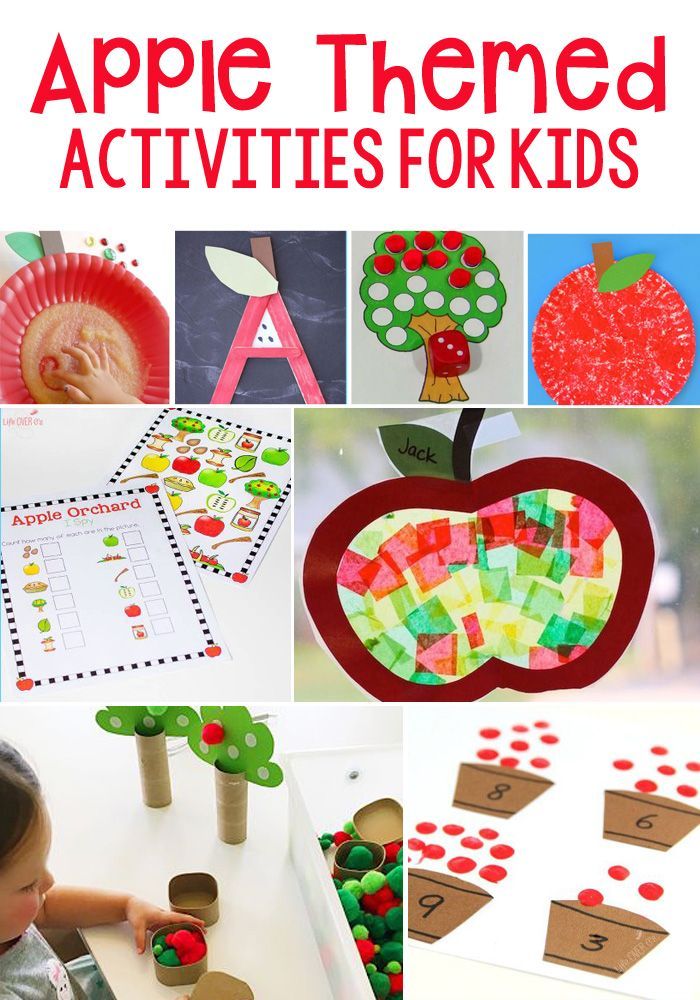 The staff of kindergarten No. 633 of the Kalininsky district builds its work with children on the basis of the basic state "Program of education and training in kindergarten, edited by M.A. Vasilyeva". Additionally, other programs are used on various problems, work technologies are applied taking into account the capabilities of the team of employees and the characteristics of children.
The staff of kindergarten No. 633 of the Kalininsky district builds its work with children on the basis of the basic state "Program of education and training in kindergarten, edited by M.A. Vasilyeva". Additionally, other programs are used on various problems, work technologies are applied taking into account the capabilities of the team of employees and the characteristics of children.
At present, the activity of getting acquainted with the surrounding world in preschool educational institutions is developing intensively. The content of the programs, methodological manuals consider and isolate the tasks of working with children in several blocks. The work of a preschool institution for the social development of children includes a number of aspects. The content of this work includes the study of the history and culture of the native city, environmental problems, people's livelihoods, forms of their communication. Much attention is paid to the environment, the interaction of different groups of people. Preschoolers receive primary knowledge about the value of health, the rights of the child, and the surrounding reality (Fig. 1).
Preschoolers receive primary knowledge about the value of health, the rights of the child, and the surrounding reality (Fig. 1).
Fig. 1. Directions of the child's social development
It is known that the existence of an individual outside of society is impossible. A person who does not have duties to the team loses the meaning of his development as a social being. The process of socialization of the individual begins in childhood and continues throughout life. A holistic picture of the world for a child is made up of the unity of its spatio-temporal and qualitative-quantitative forms. Preschoolers cannot yet build this picture in their own minds and determine their place in it - they need the help of adults. By the end of the preschool period, children build a primary system of value orientations.
For many years, preschool education in Russia has been focused on the development of the cognitive sphere of children. However, its purpose is not so much in the child's mastery of knowledge, but in the formation of the basic properties of his personality: self-esteem of the "I", the emotional needs of the sphere, moral values, meanings and attitudes, as well as socio-psychological characteristics in the system of relations with other people.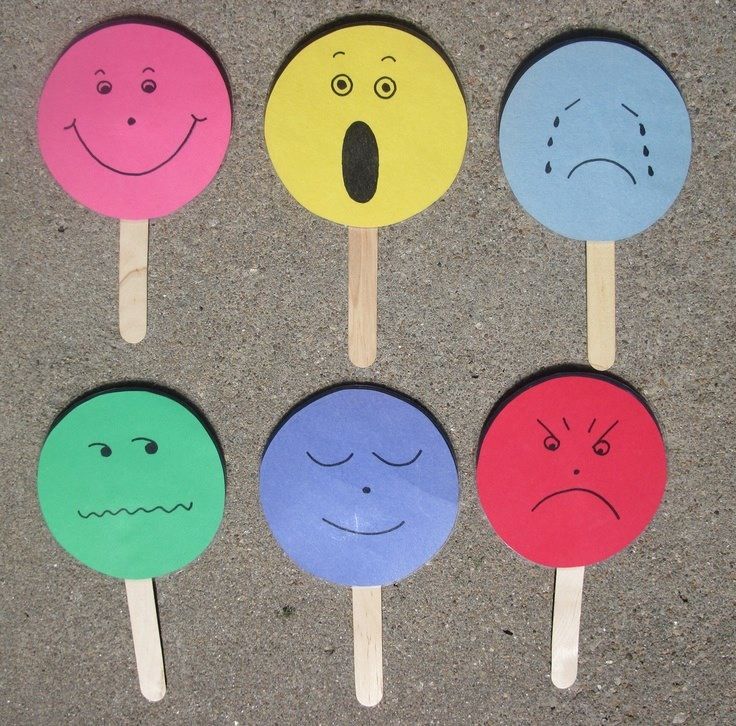
The kindergarten is the next institution for the socialization of the child after the family, and the kindergarten group often acts as the first step of its membership. For the personal and social development of the child, the established relationship with the first social formation in his life - the kindergarten group - is very important - his subsequent path, his future fate largely depends on this. The educator is like a distant adult who has no relation to the child, in communication with whom the child acquires a certain experience of social interaction. Also, a psychologist, a music worker, a sports worker and a social work specialist are engaged in raising a child in a Danish preschool institution.
In preschool educational institutions , the activity of a social work specialist is built taking into account age (3–7 years), preparation for school. A social work specialist organizes work with parents of unruly children, as they create a problem for their peers.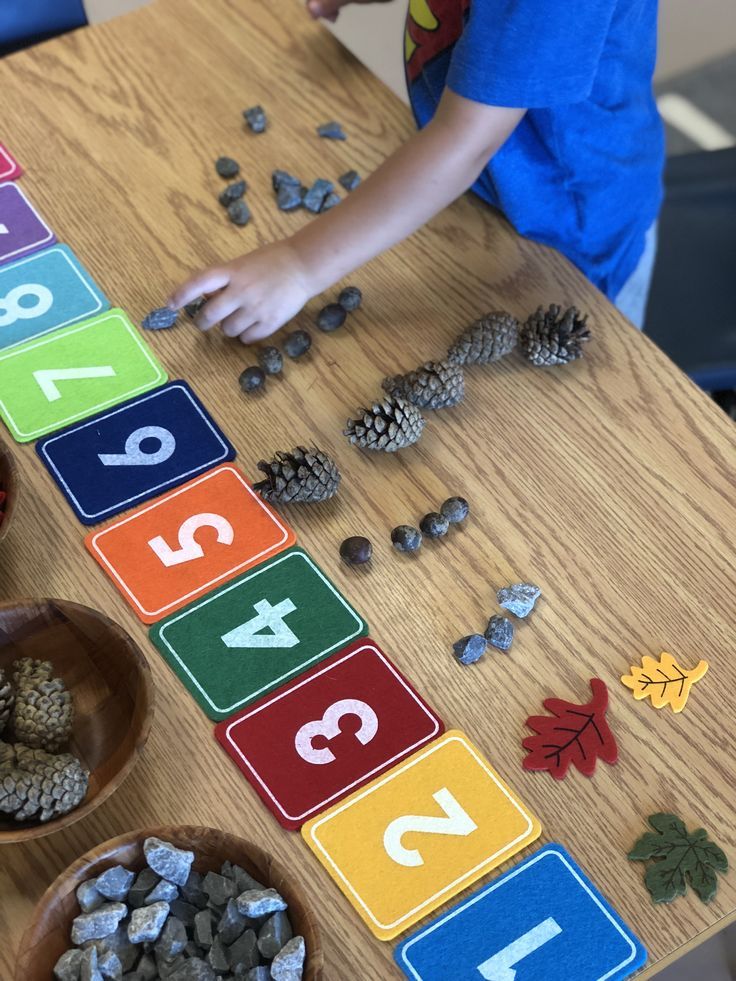 He develops preventive measures in violation of behavior, applies measures to eliminate the symptoms of deviant behavior, and also plays the role of an intermediary communicator between the preschool institution and the family. A social work specialist has the right to apply to social institutions, involve medical workers, psychologists, the police, etc. Prevents children from falling into a risk group.
He develops preventive measures in violation of behavior, applies measures to eliminate the symptoms of deviant behavior, and also plays the role of an intermediary communicator between the preschool institution and the family. A social work specialist has the right to apply to social institutions, involve medical workers, psychologists, the police, etc. Prevents children from falling into a risk group.
A variety of activities in the preschool educational institution is at the same time an important condition and means of introducing the child to social reality, which provide children with the opportunity to actively learn about the world around them, as well as to become a part of it themselves. The activity organized in a preschool institution is a condition and means for a child to master the methods of cognition of the world: motor, play, communicative, artistic and aesthetic, research, creative. Through a variety of activities and mastering the methods of cognition, children learn more and more information, express their attitude to what they have learned, accumulate emotional and sensory experience, which encourages them to activity, but at a higher level.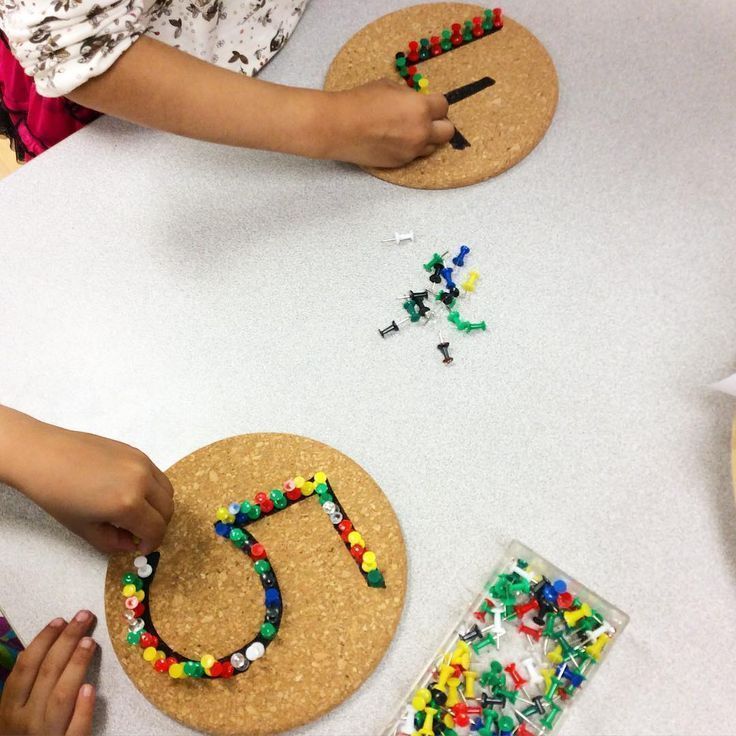
It is the joint meaningful activity of an adult and a child that is the school for the transfer of social experience - the school of socialization. The main thing in socialization is activity. Activity in a preschool institution acts as a condition and as a means of socialization. Socialization is carried out through games, classes, walks, excursions. In preparation for practical life, a great place is given to the child's communication skills: this is interpersonal communication, reading stories, dramatization, drawing competitions. As a result of the implementation of this program, children gain knowledge, they gain emotional experience in communication, they begin to evaluate different situations, and activity appears in various activities.
One of the types of cognition of reality is communication. Communication, as an activity, takes on a significant burden in the socialization of the individual. Communicating with teachers, parents, peers, the child receives and deepens his knowledge about subjects, their meaning and purpose, about phenomena in nature and social life, about people's relationships, their variability and dependence.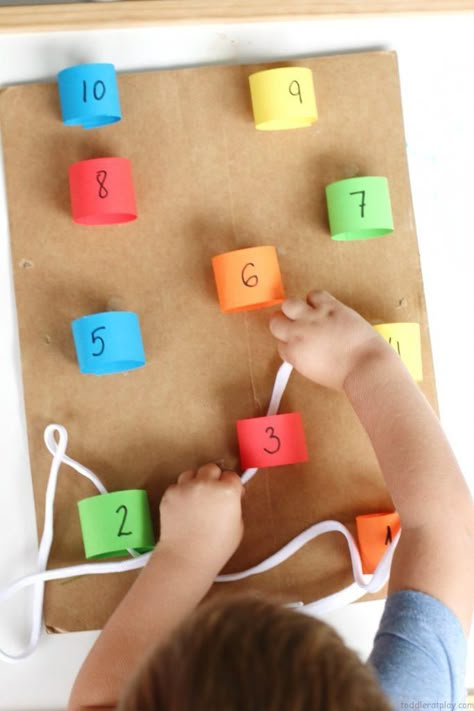
Communication in joint activities provides a condition for the formation of many personal qualities. This is the school of feelings and emerging evaluations; school for the development of cognitive interest, communication with other people; school of positive and negative experiences of life among people. On this basis, the character traits of the child are formed, he masters the norms and rules of behavior, which are then reflected in deeds and actions. The relationship of all types of activities of children in a preschool institution is an important component of the socialization of the individual.
Socialization is the process of mastering socio-cultural experience by an individual preparing for independent life in society, the results of which allow active, competent and responsible participation in various types of social activities. It includes a certain system of values, attitudes, knowledge and skills, norms of interpersonal interaction and rules of conduct [44].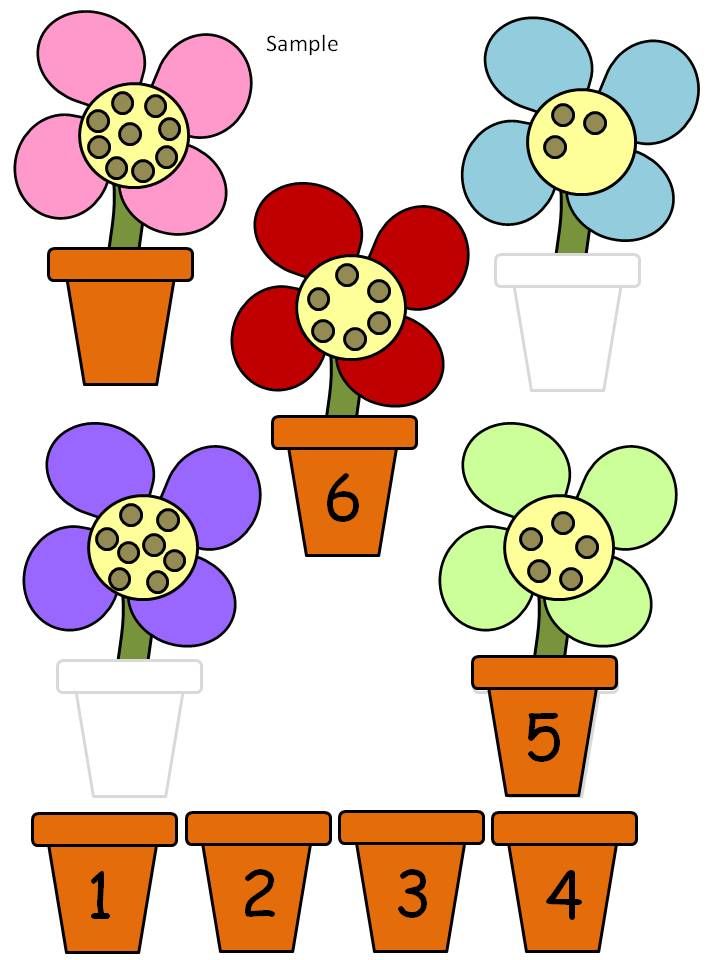
The social process is complex. This is manifested in the fact that the tasks of developing the intellect, feelings, moral foundations of the personality are formed in interconnection, and it is impossible to separate one from the other. This integrated approach, carried out in preschool educational institutions in the process of social adaptation, is especially important for children from disadvantaged families, as they show shortcomings in family education. The readiness of each employee of the team to accept and understand the message of the child, regardless of the form of presentation, is important. This approach contributes to the creation of a favorable background for communication at various levels.
One of the tasks is the development of communication skills, since children from dysfunctional families have a disrupted communication system. In a comprehensive approach to the socialization of the individual, such techniques are used as: sketches, writing stories, modeling and analyzing given creative situations, creative tasks for children, mini-competitions, improvisation, etc. Correctional and educational games that recreate relationships between people teach children to communicate with each other, help to master universal values, teach respectful attitude towards peers.
Correctional and educational games that recreate relationships between people teach children to communicate with each other, help to master universal values, teach respectful attitude towards peers.
Education of environmental culture in children is carried out in preschool educational institutions on the principles of developmental education, i.e. older preschoolers form a holistic view of nature, an understanding of the role and place of man in it [15].
The child's intellect is formed in proportion to the information received. In the content of knowledge on each topic, much attention is paid to the role of man in the creation and development of the surrounding atmosphere. The expansion of existing knowledge of preschoolers occurs in parallel with the development of interest in the world of adults. Based on the stories, children get acquainted with the professional activities of adults, learn about the significance of their work for others, about the results. For example, together with adults, children can travel to the past and present of various objects: a hammer, a watch, dishes, a book, etc.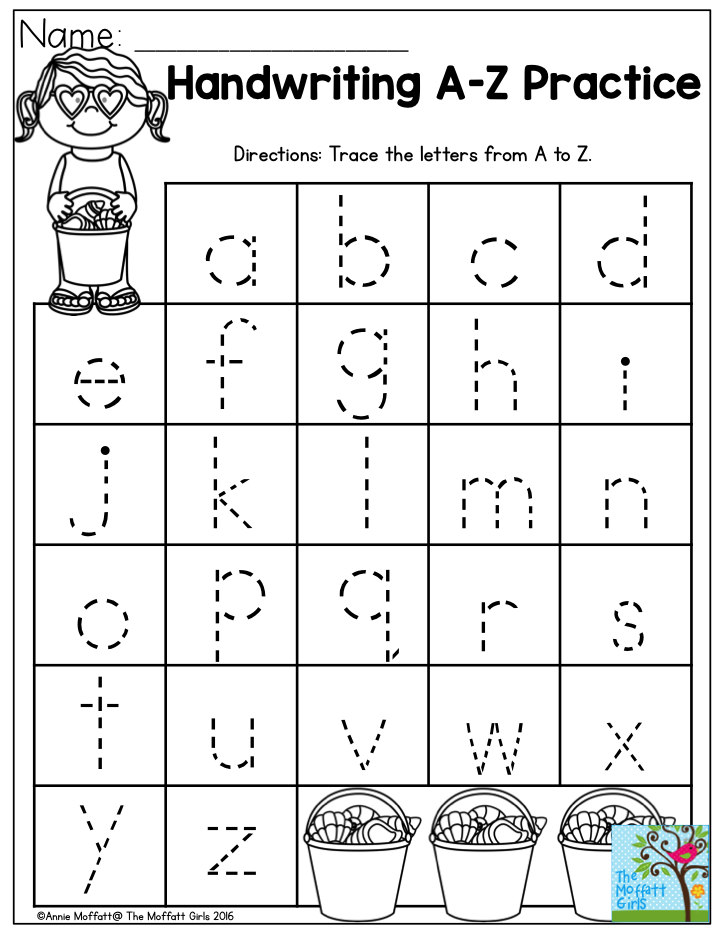
A child learns about himself when he realizes his social role in the family, understands the connection with close people, belonging to his own family, to the pedigree. In this direction, the topics “Who am I?”, “I”, “Me and my parents”, “Family”, “If I am at home alone”, “Good-bad” are being studied. The study of these topics allows not only to give children knowledge, but also stimulate their evaluative attitude towards various kinds of actions. During the conversation, the question is appropriate: “What would you do?” etc.
In stories and conversations about family relationships, children are shown the importance of the family for a person. (“Family is attention, care, kindness, love, warmth, help”). So for the first time children think about difficult, but interesting questions for them: “Who was I?”, “Who have I become?”, “Who will I be?”.
In modern conditions, especially in the city with the development of the transport system, the growth of crime, the problem of developing independence is especially important.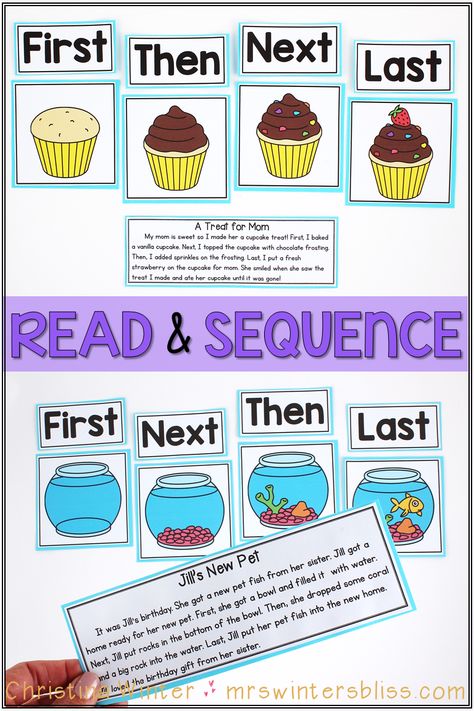 Children at their level master the basics of life safety in the classroom in a preschool institution. They get acquainted with the rules of relationships with adults outside the kindergarten. "Minutes of safety and health" are being held. In the older group, they study the rules of life safety, in particular, the rules of behavior on the street, on the roads, in a public place, in interaction with a stranger (you can’t make contact with a stranger, let strangers into the apartment, tell them your home address).
Children at their level master the basics of life safety in the classroom in a preschool institution. They get acquainted with the rules of relationships with adults outside the kindergarten. "Minutes of safety and health" are being held. In the older group, they study the rules of life safety, in particular, the rules of behavior on the street, on the roads, in a public place, in interaction with a stranger (you can’t make contact with a stranger, let strangers into the apartment, tell them your home address).
Hygiene skills are taught within the framework of social and household socialization. For example, the topic “Vegetables and Fruits” teaches you to wash fruits and vegetables before eating. Children learn that some vegetables can be eaten raw, while others need to be boiled. They are told about the benefits of fruits and vegetables, all this develops sanitary and hygienic skills. Careful attitude to things is mastered when studying the topic "Furniture" (take care of furniture, do not lift heavy objects, do not swing on furniture - this is dangerous).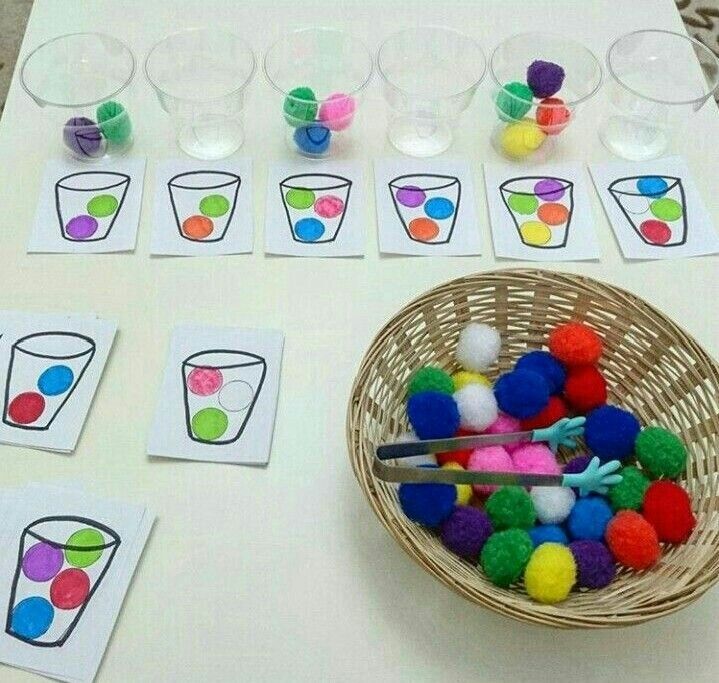
The most important area of social adaptation is holding mass events. For example, a competition was held for the best drawing "My four-legged friend." Teachers, children and parents jointly took an active part in competitions and exhibitions. The competition "Mini-museum of the group and the world of children's discoveries" allowed to develop the creative abilities of children. In the mini-museum, the expositions "Museum of balls", "Museum of postcards", "Museum of sculptures of small forms" are decorated. There were also holidays "Day of the Elderly" (respectful attitude towards the older generation), "A firefighter is the one who puts out the fire" (acquaintance with the profession of a fireman, careful handling of fire).
The problem of ecological education is being solved. A thematic competition "The Queen of Water" was held (the water cycle in nature, the benefits of water and respect for it).
The conditions of a preschool educational institution, the level of qualification of employees, the socio-moral content of programs and their methodological support allow creating conditions for effective personal growth of children and social adaptation, continuous improvement of education.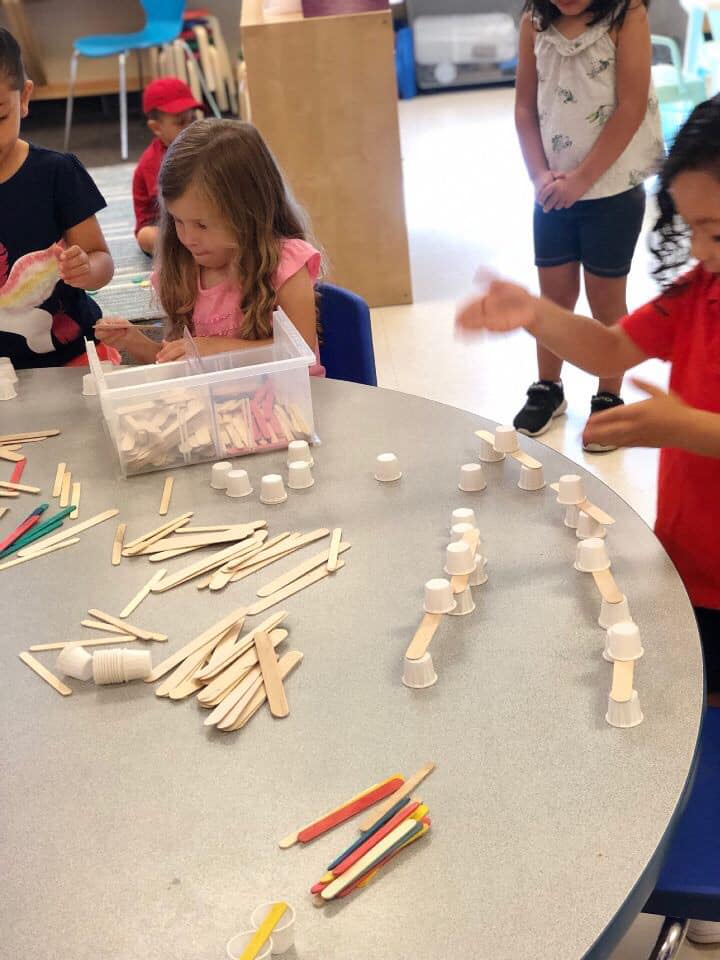
Literature:
1. Fundamentals of social work. / Ed. P. D. Pavlenka - M., 2004.
2. Fundamentals of the theory and practice of social work. / Ed. S. I. Grigoryeva, L. G.
3. Guslyakova et al. - M., 1999.
4. Plotkin M. M. Social and pedagogical assistance to children from dysfunctional families. //
5. Pedagogy 2001, No. 1.
6. Problems of social work: theory and practice. - St. Petersburg, 2007.
7. Psychology of social work. / Ed. M. A. Gulina - St. Petersburg, 2002.
8. Savinov L. I., Kuznetsova E. V. Social work with children in families of divorced parents. - M., 2007.
9. Dictionary-reference book on social work. / Ed. E. I. Kholostova - M., 2000.
10. Social work. Brief reference dictionary. - St. Petersburg, 2006.
11. Social work. / Ed. V. I. Kurbatova - Rostov-on-Don, 2003.
12. Social work: theory and practice. / Ed. E. I. Kholostova, A. S. Sorvina.
13. Terentyeva A. V. Features of the development of a child in an alcoholic family and the possibility of rehabilitation work. - M., 1998.
V. Features of the development of a child in an alcoholic family and the possibility of rehabilitation work. - M., 1998.
Basic terms (automatically generated) : child, kindergarten, preschool institution, social work, communication, the world around, social adaptation, caring attitude, preschool educational institution, stranger.
Social development of preschool children in the process of interaction between the preschool educational organization and the family
%PDF-1.5 % 10 obj > /Metadata 4 0 R >> endobj 5 0 obj /Title >> endobj 20 obj > endobj 3 0 obj > endobj 40 obj > stream
 32 841.92] /Contents[101 0 R 102 0 R 103 0 R] /group> /Tabs /S /StructParents 0 /Annots [104 0R] >> endobj 70 obj > /ProcSet [/PDF /Text /ImageB /ImageC /ImageI] >> /Annots [105 0 R 106 0 R 107 0 R 108 0 R 109 0 R 110 0 R 111 0 R 112 0 R 113 0 R] /MediaBox [0 0 595.32 841.92] /Contents 114 0 R /group> /Tabs /S /StructParents 4 >> endobj 80 obj > /ProcSet [/PDF /Text /ImageB /ImageC /ImageI] >> /Annots [115 0R] /MediaBox [0 0 595.32 841.92] /Contents 116 0 R /group> /Tabs /S /StructParents 15 >> endobj 90 obj > /ProcSet [/PDF /Text /ImageB /ImageC /ImageI] >> /MediaBox [0 0 595.32 841.92] /Contents 117 0R /group> /Tabs /S /StructParents 16 >> endobj 10 0 obj > /ProcSet [/PDF /Text /ImageB /ImageC /ImageI] >> /MediaBox [0 0 595.32 841.92] /Contents 118 0R /group> /Tabs /S /StructParents 17 >> endobj 11 0 obj > /ProcSet [/PDF /Text /ImageB /ImageC /ImageI] >> /MediaBox [0 0 595.32 841.92] /Contents 120 0 R /group> /Tabs /S /StructParents 18 >> endobj 12 0 obj > /ProcSet [/PDF /Text /ImageB /ImageC /ImageI] >> /MediaBox[0 0 595.
32 841.92] /Contents[101 0 R 102 0 R 103 0 R] /group> /Tabs /S /StructParents 0 /Annots [104 0R] >> endobj 70 obj > /ProcSet [/PDF /Text /ImageB /ImageC /ImageI] >> /Annots [105 0 R 106 0 R 107 0 R 108 0 R 109 0 R 110 0 R 111 0 R 112 0 R 113 0 R] /MediaBox [0 0 595.32 841.92] /Contents 114 0 R /group> /Tabs /S /StructParents 4 >> endobj 80 obj > /ProcSet [/PDF /Text /ImageB /ImageC /ImageI] >> /Annots [115 0R] /MediaBox [0 0 595.32 841.92] /Contents 116 0 R /group> /Tabs /S /StructParents 15 >> endobj 90 obj > /ProcSet [/PDF /Text /ImageB /ImageC /ImageI] >> /MediaBox [0 0 595.32 841.92] /Contents 117 0R /group> /Tabs /S /StructParents 16 >> endobj 10 0 obj > /ProcSet [/PDF /Text /ImageB /ImageC /ImageI] >> /MediaBox [0 0 595.32 841.92] /Contents 118 0R /group> /Tabs /S /StructParents 17 >> endobj 11 0 obj > /ProcSet [/PDF /Text /ImageB /ImageC /ImageI] >> /MediaBox [0 0 595.32 841.92] /Contents 120 0 R /group> /Tabs /S /StructParents 18 >> endobj 12 0 obj > /ProcSet [/PDF /Text /ImageB /ImageC /ImageI] >> /MediaBox[0 0 595.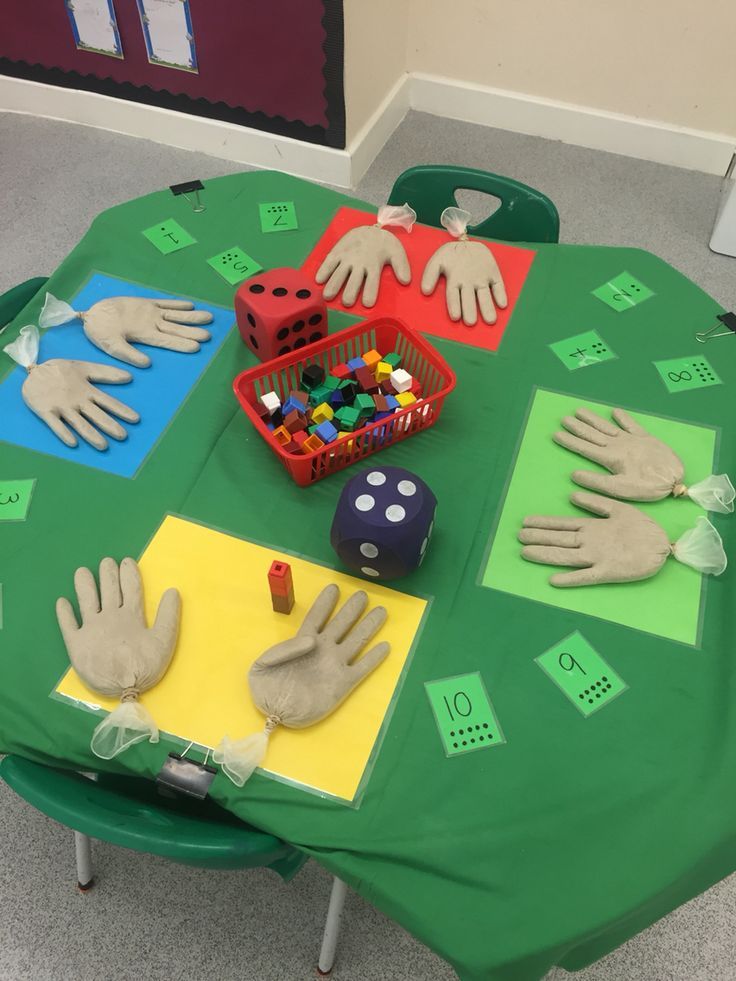 32 841.92] /Contents 121 0 R /group> /Tabs /S /StructParents 19 >> endobj 13 0 obj > /ProcSet [/PDF /Text /ImageB /ImageC /ImageI] >> /MediaBox [0 0 595.32 841.92] /Contents 122 0 R /group> /Tabs /S /StructParents 20 >> endobj 14 0 obj > /ProcSet [/PDF /Text /ImageB /ImageC /ImageI] >> /MediaBox [0 0 595.32 841.92] /Contents 123 0R /group> /Tabs /S /StructParents 21 >> endobj 15 0 obj > /ProcSet [/PDF /Text /ImageB /ImageC /ImageI] >> /MediaBox[0 0 595.32 841.92] /Contents 124 0 R /group> /Tabs /S /StructParents 22 >> endobj 16 0 obj > /ProcSet [/PDF /Text /ImageB /ImageC /ImageI] >> /MediaBox [0 0 595.32 841.92] /Contents 125 0 R /group> /Tabs /S /StructParents 23 >> endobj 17 0 obj > /ProcSet [/PDF /Text /ImageB /ImageC /ImageI] >> /MediaBox [0 0 595.32 841.92] /Contents 126 0 R /group> /Tabs /S /StructParents 24 >> endobj 18 0 obj > /ProcSet [/PDF /Text /ImageB /ImageC /ImageI] >> /MediaBox[0 0 595.32 841.92] /Contents 127 0 R /group> /Tabs /S /StructParents 25 >> endobj 19 0 obj > /ProcSet [/PDF /Text /ImageB /ImageC /ImageI] >> /MediaBox [0 0 595.
32 841.92] /Contents 121 0 R /group> /Tabs /S /StructParents 19 >> endobj 13 0 obj > /ProcSet [/PDF /Text /ImageB /ImageC /ImageI] >> /MediaBox [0 0 595.32 841.92] /Contents 122 0 R /group> /Tabs /S /StructParents 20 >> endobj 14 0 obj > /ProcSet [/PDF /Text /ImageB /ImageC /ImageI] >> /MediaBox [0 0 595.32 841.92] /Contents 123 0R /group> /Tabs /S /StructParents 21 >> endobj 15 0 obj > /ProcSet [/PDF /Text /ImageB /ImageC /ImageI] >> /MediaBox[0 0 595.32 841.92] /Contents 124 0 R /group> /Tabs /S /StructParents 22 >> endobj 16 0 obj > /ProcSet [/PDF /Text /ImageB /ImageC /ImageI] >> /MediaBox [0 0 595.32 841.92] /Contents 125 0 R /group> /Tabs /S /StructParents 23 >> endobj 17 0 obj > /ProcSet [/PDF /Text /ImageB /ImageC /ImageI] >> /MediaBox [0 0 595.32 841.92] /Contents 126 0 R /group> /Tabs /S /StructParents 24 >> endobj 18 0 obj > /ProcSet [/PDF /Text /ImageB /ImageC /ImageI] >> /MediaBox[0 0 595.32 841.92] /Contents 127 0 R /group> /Tabs /S /StructParents 25 >> endobj 19 0 obj > /ProcSet [/PDF /Text /ImageB /ImageC /ImageI] >> /MediaBox [0 0 595.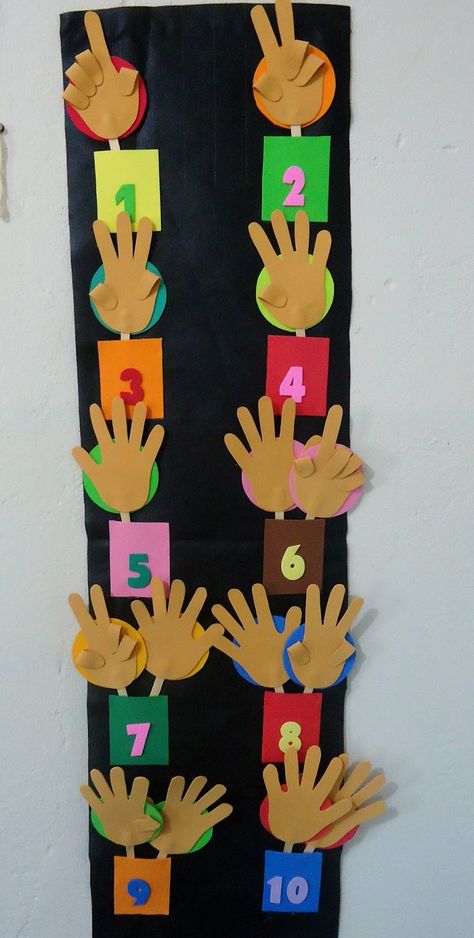 32 841.92] /Contents 128 0 R /group> /Tabs /S /StructParents 26 >> endobj 20 0 obj > /ProcSet [/PDF /Text /ImageB /ImageC /ImageI] >> /MediaBox [0 0 595.32 841.92] /Contents 129 0 R /group> /Tabs /S /StructParents 27 >> endobj 21 0 obj > /ProcSet [/PDF /Text /ImageB /ImageC /ImageI] >> /Annots [130 0 R 131 0 R 132 0 R 133 0 R 134 0 R 135 0 R 136 0 R 137 0 R 138 0 R 1390R] /MediaBox [0 0 595.32 841.92] /Contents 140 0R /group> /Tabs /S /StructParents 28 >> endobj 22 0 obj > /ProcSet [/PDF /Text /ImageB /ImageC /ImageI] >> /MediaBox [0 0 595.32 841.92] /Contents 141 0 R /group> /Tabs /S /StructParents 39 >> endobj 23 0 obj > /ProcSet [/PDF /Text /ImageB /ImageC /ImageI] >> /MediaBox [0 0 595.32 841.92] /Contents 142 0 R /group> /Tabs /S /StructParents 40 >> endobj 24 0 obj > /ProcSet [/PDF /Text /ImageB /ImageC /ImageI] >> /MediaBox[0 0 595.32 841.92] /Contents 143 0 R /group> /Tabs /S /StructParents 41 >> endobj 25 0 obj > /ProcSet [/PDF /Text /ImageB /ImageC /ImageI] >> /MediaBox [0 0 595.
32 841.92] /Contents 128 0 R /group> /Tabs /S /StructParents 26 >> endobj 20 0 obj > /ProcSet [/PDF /Text /ImageB /ImageC /ImageI] >> /MediaBox [0 0 595.32 841.92] /Contents 129 0 R /group> /Tabs /S /StructParents 27 >> endobj 21 0 obj > /ProcSet [/PDF /Text /ImageB /ImageC /ImageI] >> /Annots [130 0 R 131 0 R 132 0 R 133 0 R 134 0 R 135 0 R 136 0 R 137 0 R 138 0 R 1390R] /MediaBox [0 0 595.32 841.92] /Contents 140 0R /group> /Tabs /S /StructParents 28 >> endobj 22 0 obj > /ProcSet [/PDF /Text /ImageB /ImageC /ImageI] >> /MediaBox [0 0 595.32 841.92] /Contents 141 0 R /group> /Tabs /S /StructParents 39 >> endobj 23 0 obj > /ProcSet [/PDF /Text /ImageB /ImageC /ImageI] >> /MediaBox [0 0 595.32 841.92] /Contents 142 0 R /group> /Tabs /S /StructParents 40 >> endobj 24 0 obj > /ProcSet [/PDF /Text /ImageB /ImageC /ImageI] >> /MediaBox[0 0 595.32 841.92] /Contents 143 0 R /group> /Tabs /S /StructParents 41 >> endobj 25 0 obj > /ProcSet [/PDF /Text /ImageB /ImageC /ImageI] >> /MediaBox [0 0 595.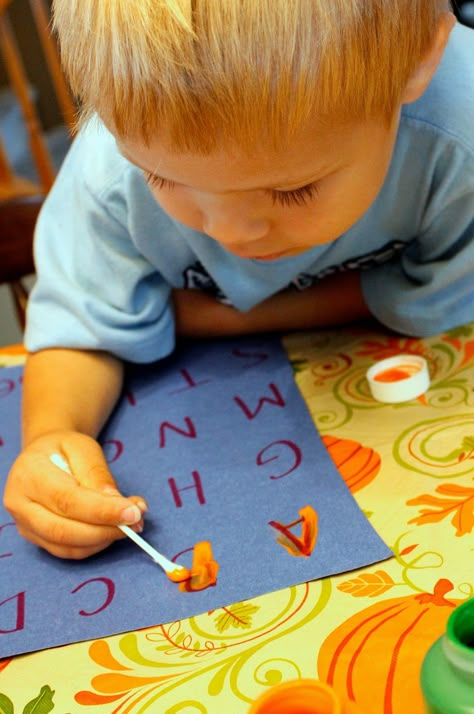 32 841.92] /Contents 144 0 R /group> /Tabs /S /StructParents 42 >> endobj 26 0 obj > /ProcSet [/PDF /Text /ImageB /ImageC /ImageI] >> /MediaBox [0 0 595.32 841.92] /Contents 145 0 R /group> /Tabs /S /StructParents 43 >> endobj 27 0 obj > /ProcSet [/PDF /Text /ImageB /ImageC /ImageI] >> /MediaBox[0 0 595.32 841.92] /Contents 146 0 R /group> /Tabs /S /StructParents 44 >> endobj 28 0 obj > /ProcSet [/PDF /Text /ImageB /ImageC /ImageI] >> /MediaBox [0 0 595.32 841.92] /Contents 147 0 R /group> /Tabs /S /StructParents 45 >> endobj 29 0 obj > /ProcSet [/PDF /Text /ImageB /ImageC /ImageI] >> /MediaBox [0 0 595.32 841.92] /Contents 148 0R /group> /Tabs /S /StructParents 46 >> endobj 30 0 obj > /ProcSet [/PDF /Text /ImageB /ImageC /ImageI] >> /MediaBox[0 0 595.32 841.92] /Contents 149 0 R /group> /Tabs /S /StructParents 47 >> endobj 31 0 obj > /ProcSet [/PDF /Text /ImageB /ImageC /ImageI] >> /MediaBox [0 0 595.32 841.92] /Contents 150 0 R /group> /Tabs /S /StructParents 48 >> endobj 32 0 obj > /ProcSet [/PDF /Text /ImageB /ImageC /ImageI] >> /MediaBox [0 0 595.
32 841.92] /Contents 144 0 R /group> /Tabs /S /StructParents 42 >> endobj 26 0 obj > /ProcSet [/PDF /Text /ImageB /ImageC /ImageI] >> /MediaBox [0 0 595.32 841.92] /Contents 145 0 R /group> /Tabs /S /StructParents 43 >> endobj 27 0 obj > /ProcSet [/PDF /Text /ImageB /ImageC /ImageI] >> /MediaBox[0 0 595.32 841.92] /Contents 146 0 R /group> /Tabs /S /StructParents 44 >> endobj 28 0 obj > /ProcSet [/PDF /Text /ImageB /ImageC /ImageI] >> /MediaBox [0 0 595.32 841.92] /Contents 147 0 R /group> /Tabs /S /StructParents 45 >> endobj 29 0 obj > /ProcSet [/PDF /Text /ImageB /ImageC /ImageI] >> /MediaBox [0 0 595.32 841.92] /Contents 148 0R /group> /Tabs /S /StructParents 46 >> endobj 30 0 obj > /ProcSet [/PDF /Text /ImageB /ImageC /ImageI] >> /MediaBox[0 0 595.32 841.92] /Contents 149 0 R /group> /Tabs /S /StructParents 47 >> endobj 31 0 obj > /ProcSet [/PDF /Text /ImageB /ImageC /ImageI] >> /MediaBox [0 0 595.32 841.92] /Contents 150 0 R /group> /Tabs /S /StructParents 48 >> endobj 32 0 obj > /ProcSet [/PDF /Text /ImageB /ImageC /ImageI] >> /MediaBox [0 0 595.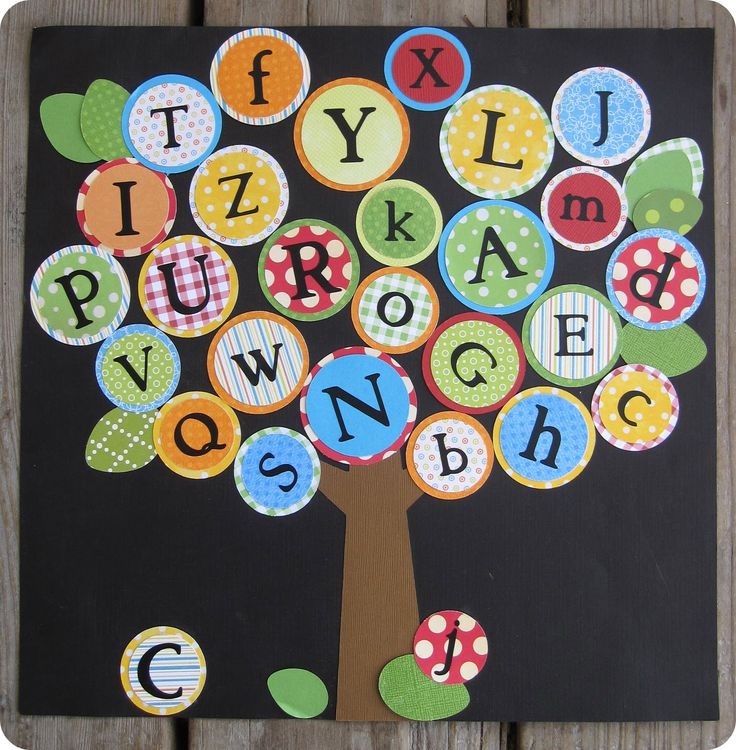 32 841.92] /Contents 151 0 R /group> /Tabs /S /StructParents 49 >> endobj 33 0 obj > /ProcSet [/PDF /Text /ImageB /ImageC /ImageI] >> /MediaBox[0 0 595.32 841.92] /Contents 152 0 R /group> /Tabs /S /StructParents 50 >> endobj 34 0 obj > /ProcSet [/PDF /Text /ImageB /ImageC /ImageI] >> /MediaBox [0 0 595.32 841.92] /Contents 153 0 R /group> /Tabs /S /StructParents 51 >> endobj 35 0 obj > /ProcSet [/PDF /Text /ImageB /ImageC /ImageI] >> /MediaBox [0 0 595.32 841.92] /Contents 154 0R /group> /Tabs /S /StructParents 52 >> endobj 36 0 obj > /ProcSet [/PDF /Text /ImageB /ImageC /ImageI] >> /MediaBox[0 0 595.32 841.92] /Contents 155 0 R /group> /Tabs /S /StructParents 53 >> endobj 37 0 obj > /ProcSet [/PDF /Text /ImageB /ImageC /ImageI] >> /MediaBox [0 0 595.32 841.92] /Contents 156 0 R /group> /Tabs /S /StructParents 54 >> endobj 38 0 obj > /ProcSet [/PDF /Text /ImageB /ImageC /ImageI] >> /MediaBox [0 0 595.32 841.92] /Contents 157 0 R /group> /Tabs /S /StructParents 55 >> endobj 39 0 obj > /ProcSet [/PDF /Text /ImageB /ImageC /ImageI] >> /MediaBox[0 0 595.
32 841.92] /Contents 151 0 R /group> /Tabs /S /StructParents 49 >> endobj 33 0 obj > /ProcSet [/PDF /Text /ImageB /ImageC /ImageI] >> /MediaBox[0 0 595.32 841.92] /Contents 152 0 R /group> /Tabs /S /StructParents 50 >> endobj 34 0 obj > /ProcSet [/PDF /Text /ImageB /ImageC /ImageI] >> /MediaBox [0 0 595.32 841.92] /Contents 153 0 R /group> /Tabs /S /StructParents 51 >> endobj 35 0 obj > /ProcSet [/PDF /Text /ImageB /ImageC /ImageI] >> /MediaBox [0 0 595.32 841.92] /Contents 154 0R /group> /Tabs /S /StructParents 52 >> endobj 36 0 obj > /ProcSet [/PDF /Text /ImageB /ImageC /ImageI] >> /MediaBox[0 0 595.32 841.92] /Contents 155 0 R /group> /Tabs /S /StructParents 53 >> endobj 37 0 obj > /ProcSet [/PDF /Text /ImageB /ImageC /ImageI] >> /MediaBox [0 0 595.32 841.92] /Contents 156 0 R /group> /Tabs /S /StructParents 54 >> endobj 38 0 obj > /ProcSet [/PDF /Text /ImageB /ImageC /ImageI] >> /MediaBox [0 0 595.32 841.92] /Contents 157 0 R /group> /Tabs /S /StructParents 55 >> endobj 39 0 obj > /ProcSet [/PDF /Text /ImageB /ImageC /ImageI] >> /MediaBox[0 0 595.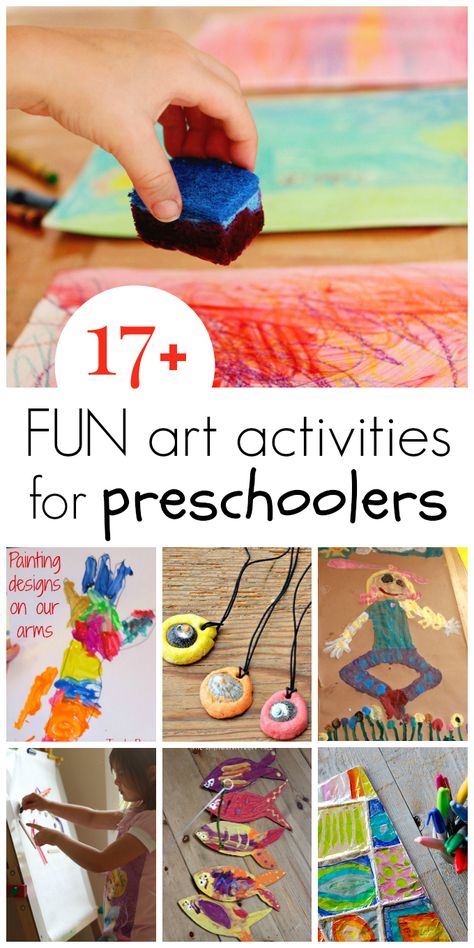 32 841.92] /Contents 158 0 R /group> /Tabs /S /StructParents 56 >> endobj 40 0 obj > /ProcSet [/PDF /Text /ImageB /ImageC /ImageI] >> /MediaBox [0 0 595.32 841.92] /Contents 159 0R /group> /Tabs /S /StructParents 57 >> endobj 41 0 obj > /ProcSet [/PDF /Text /ImageB /ImageC /ImageI] >> /MediaBox [0 0 595.32 841.92] /Contents 160 0 R /group> /Tabs /S /StructParents 58 >> endobj 42 0 obj > /ProcSet [/PDF /Text /ImageB /ImageC /ImageI] >> /MediaBox[0 0 595.32 841.92] /Contents 161 0R /group> /Tabs /S /StructParents 59 >> endobj 43 0 obj > /ProcSet [/PDF /Text /ImageB /ImageC /ImageI] >> /MediaBox [0 0 595.32 841.92] /Contents 162 0 R /group> /Tabs /S /StructParents 60 >> endobj 44 0 obj > /XObject> /ProcSet [/PDF /Text /ImageB /ImageC /ImageI] >> /MediaBox [0 0 595.32 841.92] /Contents 165 0 R /group> /Tabs /S /StructParents 1 >> endobj 45 0 obj > /ProcSet [/PDF /Text /ImageB /ImageC /ImageI] >> /MediaBox[0 0 595.32 841.92] /Contents 166 0 R /group> /Tabs /S /StructParents 61 >> endobj 46 0 obj > /ProcSet [/PDF /Text /ImageB /ImageC /ImageI] >> /MediaBox [0 0 595.
32 841.92] /Contents 158 0 R /group> /Tabs /S /StructParents 56 >> endobj 40 0 obj > /ProcSet [/PDF /Text /ImageB /ImageC /ImageI] >> /MediaBox [0 0 595.32 841.92] /Contents 159 0R /group> /Tabs /S /StructParents 57 >> endobj 41 0 obj > /ProcSet [/PDF /Text /ImageB /ImageC /ImageI] >> /MediaBox [0 0 595.32 841.92] /Contents 160 0 R /group> /Tabs /S /StructParents 58 >> endobj 42 0 obj > /ProcSet [/PDF /Text /ImageB /ImageC /ImageI] >> /MediaBox[0 0 595.32 841.92] /Contents 161 0R /group> /Tabs /S /StructParents 59 >> endobj 43 0 obj > /ProcSet [/PDF /Text /ImageB /ImageC /ImageI] >> /MediaBox [0 0 595.32 841.92] /Contents 162 0 R /group> /Tabs /S /StructParents 60 >> endobj 44 0 obj > /XObject> /ProcSet [/PDF /Text /ImageB /ImageC /ImageI] >> /MediaBox [0 0 595.32 841.92] /Contents 165 0 R /group> /Tabs /S /StructParents 1 >> endobj 45 0 obj > /ProcSet [/PDF /Text /ImageB /ImageC /ImageI] >> /MediaBox[0 0 595.32 841.92] /Contents 166 0 R /group> /Tabs /S /StructParents 61 >> endobj 46 0 obj > /ProcSet [/PDF /Text /ImageB /ImageC /ImageI] >> /MediaBox [0 0 595.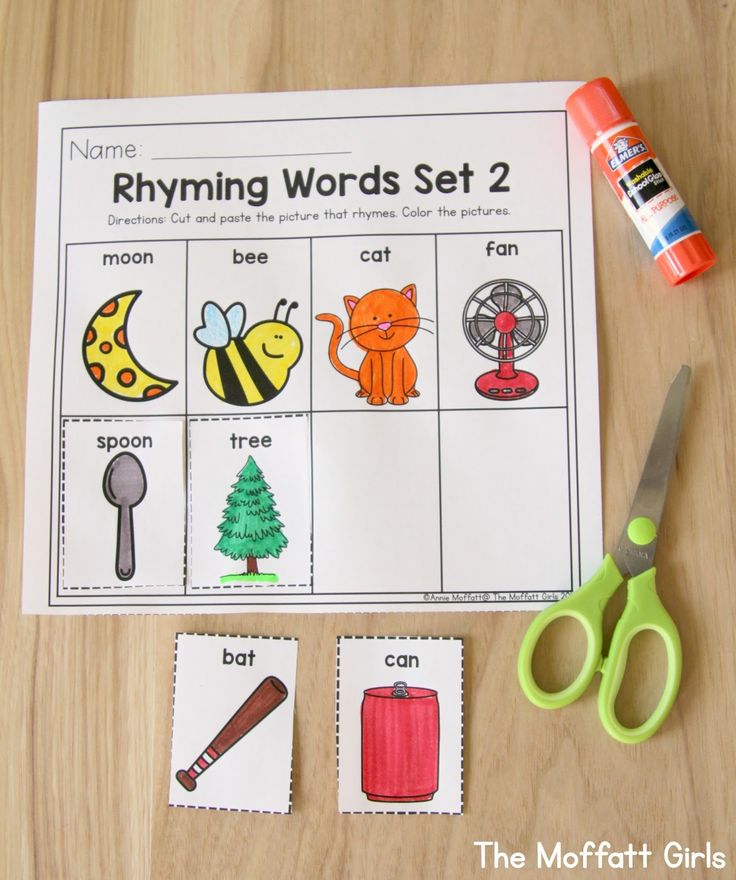 32 841.92] /Contents 167 0 R /group> /Tabs /S /StructParents 62 >> endobj 47 0 obj > /ProcSet [/PDF /Text /ImageB /ImageC /ImageI] >> /MediaBox [0 0 595.32 841.92] /Contents 169 0 R /group> /Tabs /S /StructParents 63 >> endobj 48 0 obj > /ProcSet [/PDF /Text /ImageB /ImageC /ImageI] >> /MediaBox[0 0 595.32 841.92] /Contents 170 0 R /group> /Tabs /S /StructParents 64 >> endobj 49 0 obj > /ProcSet [/PDF /Text /ImageB /ImageC /ImageI] >> /MediaBox [0 0 595.32 841.92] /Contents 171 0 R /group> /Tabs /S /StructParents 65 >> endobj 50 0 obj > /ProcSet [/PDF /Text /ImageB /ImageC /ImageI] >> /MediaBox [0 0 595.32 841.92] /Contents 172 0 R /group> /Tabs /S /StructParents 66 >> endobj 51 0 obj > /ProcSet [/PDF /Text /ImageB /ImageC /ImageI] >> /MediaBox[0 0 595.32 841.92] /Contents 173 0 R /group> /Tabs /S /StructParents 67 >> endobj 52 0 obj > /ProcSet [/PDF /Text /ImageB /ImageC /ImageI] >> /MediaBox [0 0 595.32 841.92] /Contents 174 0 R /group> /Tabs /S /StructParents 68 >> endobj 53 0 obj > /ProcSet [/PDF /Text /ImageB /ImageC /ImageI] >> /MediaBox [0 0 595.
32 841.92] /Contents 167 0 R /group> /Tabs /S /StructParents 62 >> endobj 47 0 obj > /ProcSet [/PDF /Text /ImageB /ImageC /ImageI] >> /MediaBox [0 0 595.32 841.92] /Contents 169 0 R /group> /Tabs /S /StructParents 63 >> endobj 48 0 obj > /ProcSet [/PDF /Text /ImageB /ImageC /ImageI] >> /MediaBox[0 0 595.32 841.92] /Contents 170 0 R /group> /Tabs /S /StructParents 64 >> endobj 49 0 obj > /ProcSet [/PDF /Text /ImageB /ImageC /ImageI] >> /MediaBox [0 0 595.32 841.92] /Contents 171 0 R /group> /Tabs /S /StructParents 65 >> endobj 50 0 obj > /ProcSet [/PDF /Text /ImageB /ImageC /ImageI] >> /MediaBox [0 0 595.32 841.92] /Contents 172 0 R /group> /Tabs /S /StructParents 66 >> endobj 51 0 obj > /ProcSet [/PDF /Text /ImageB /ImageC /ImageI] >> /MediaBox[0 0 595.32 841.92] /Contents 173 0 R /group> /Tabs /S /StructParents 67 >> endobj 52 0 obj > /ProcSet [/PDF /Text /ImageB /ImageC /ImageI] >> /MediaBox [0 0 595.32 841.92] /Contents 174 0 R /group> /Tabs /S /StructParents 68 >> endobj 53 0 obj > /ProcSet [/PDF /Text /ImageB /ImageC /ImageI] >> /MediaBox [0 0 595.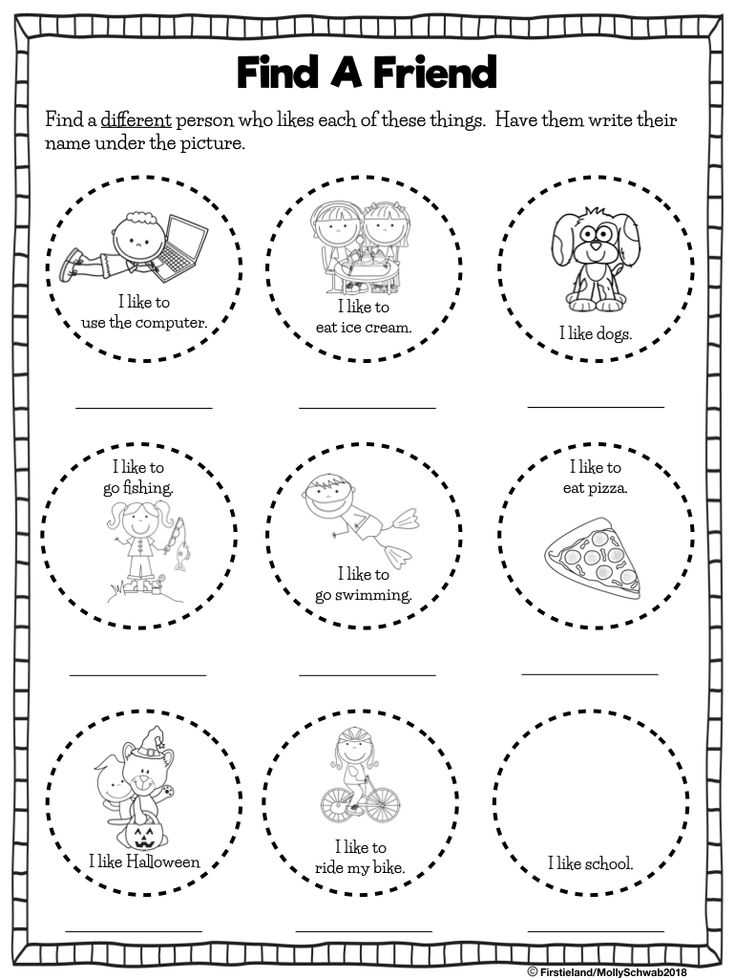 32 841.92] /Contents 175 0 R /group> /Tabs /S /StructParents 69 >> endobj 54 0 obj > /ProcSet [/PDF /Text /ImageB /ImageC /ImageI] >> /MediaBox[0 0 595.32 841.92] /Contents 177 0R /group> /Tabs /S /StructParents 70 >> endobj 55 0 obj > /ProcSet [/PDF /Text /ImageB /ImageC /ImageI] >> /MediaBox [0 0 595.32 841.92] /Contents 178 0 R /group> /Tabs /S /StructParents 71 >> endobj 56 0 obj > /ProcSet [/PDF /Text /ImageB /ImageC /ImageI] >> /MediaBox [0 0 595.32 841.92] /Contents 179 0R /group> /Tabs /S /StructParents 72 >> endobj 57 0 obj > /ProcSet [/PDF /Text /ImageB /ImageC /ImageI] >> /MediaBox[0 0 595.32 841.92] /Contents 180 0 R /group> /Tabs /S /StructParents 73 >> endobj 58 0 obj > /ProcSet [/PDF /Text /ImageB /ImageC /ImageI] >> /MediaBox [0 0 595.32 841.92] /Contents 181 0 R /group> /Tabs /S /StructParents 74 >> endobj 59 0 obj > /ProcSet [/PDF /Text /ImageB /ImageC /ImageI] >> /MediaBox [0 0 595.32 841.92] /Contents 182 0R /group> /Tabs /S /StructParents 75 >> endobj 60 0 obj > /ProcSet [/PDF /Text /ImageB /ImageC /ImageI] >> /MediaBox[0 0 595.
32 841.92] /Contents 175 0 R /group> /Tabs /S /StructParents 69 >> endobj 54 0 obj > /ProcSet [/PDF /Text /ImageB /ImageC /ImageI] >> /MediaBox[0 0 595.32 841.92] /Contents 177 0R /group> /Tabs /S /StructParents 70 >> endobj 55 0 obj > /ProcSet [/PDF /Text /ImageB /ImageC /ImageI] >> /MediaBox [0 0 595.32 841.92] /Contents 178 0 R /group> /Tabs /S /StructParents 71 >> endobj 56 0 obj > /ProcSet [/PDF /Text /ImageB /ImageC /ImageI] >> /MediaBox [0 0 595.32 841.92] /Contents 179 0R /group> /Tabs /S /StructParents 72 >> endobj 57 0 obj > /ProcSet [/PDF /Text /ImageB /ImageC /ImageI] >> /MediaBox[0 0 595.32 841.92] /Contents 180 0 R /group> /Tabs /S /StructParents 73 >> endobj 58 0 obj > /ProcSet [/PDF /Text /ImageB /ImageC /ImageI] >> /MediaBox [0 0 595.32 841.92] /Contents 181 0 R /group> /Tabs /S /StructParents 74 >> endobj 59 0 obj > /ProcSet [/PDF /Text /ImageB /ImageC /ImageI] >> /MediaBox [0 0 595.32 841.92] /Contents 182 0R /group> /Tabs /S /StructParents 75 >> endobj 60 0 obj > /ProcSet [/PDF /Text /ImageB /ImageC /ImageI] >> /MediaBox[0 0 595.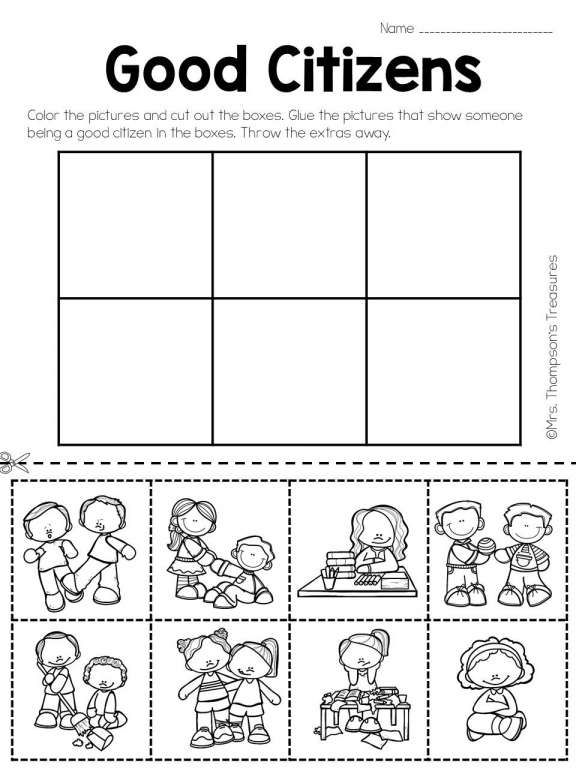 32 841.92] /Contents 183 0 R /group> /Tabs /S /StructParents 76 >> endobj 61 0 obj > /ProcSet [/PDF /Text /ImageB /ImageC /ImageI] >> /MediaBox [0 0 595.32 841.92] /Contents 184 0 R /group> /Tabs /S /StructParents 77 >> endobj 62 0 obj > /ProcSet [/PDF /Text /ImageB /ImageC /ImageI] >> /MediaBox [0 0 595.32 841.92] /Contents 185 0 R /group> /Tabs /S /StructParents 78 >> endobj 63 0 obj > /ProcSet [/PDF /Text /ImageB /ImageC /ImageI] >> /Annots [186 0 R 187 0 R] /MediaBox[0 0 595.32 841.92] /Contents 188 0R /group> /Tabs /S /StructParents 79 >> endobj 64 0 obj > /ProcSet [/PDF /Text /ImageB /ImageC /ImageI] >> /MediaBox [0 0 595.32 841.92] /Contents 189 0 R /group> /Tabs /S /StructParents 82 >> endobj 65 0 obj > /ProcSet [/PDF /Text /ImageB /ImageC /ImageI] >> /MediaBox [0 0 595.32 841.92] /Contents 190 0R /group> /Tabs /S /StructParents 83 >> endobj 66 0 obj > /ProcSet [/PDF /Text /ImageB /ImageC /ImageI] >> /MediaBox[0 0 595.32 841.92] /Contents 191 0 R /group> /Tabs /S /StructParents 84 >> endobj 67 0 obj > /ProcSet [/PDF /Text /ImageB /ImageC /ImageI] >> /MediaBox [0 0 595.
32 841.92] /Contents 183 0 R /group> /Tabs /S /StructParents 76 >> endobj 61 0 obj > /ProcSet [/PDF /Text /ImageB /ImageC /ImageI] >> /MediaBox [0 0 595.32 841.92] /Contents 184 0 R /group> /Tabs /S /StructParents 77 >> endobj 62 0 obj > /ProcSet [/PDF /Text /ImageB /ImageC /ImageI] >> /MediaBox [0 0 595.32 841.92] /Contents 185 0 R /group> /Tabs /S /StructParents 78 >> endobj 63 0 obj > /ProcSet [/PDF /Text /ImageB /ImageC /ImageI] >> /Annots [186 0 R 187 0 R] /MediaBox[0 0 595.32 841.92] /Contents 188 0R /group> /Tabs /S /StructParents 79 >> endobj 64 0 obj > /ProcSet [/PDF /Text /ImageB /ImageC /ImageI] >> /MediaBox [0 0 595.32 841.92] /Contents 189 0 R /group> /Tabs /S /StructParents 82 >> endobj 65 0 obj > /ProcSet [/PDF /Text /ImageB /ImageC /ImageI] >> /MediaBox [0 0 595.32 841.92] /Contents 190 0R /group> /Tabs /S /StructParents 83 >> endobj 66 0 obj > /ProcSet [/PDF /Text /ImageB /ImageC /ImageI] >> /MediaBox[0 0 595.32 841.92] /Contents 191 0 R /group> /Tabs /S /StructParents 84 >> endobj 67 0 obj > /ProcSet [/PDF /Text /ImageB /ImageC /ImageI] >> /MediaBox [0 0 595.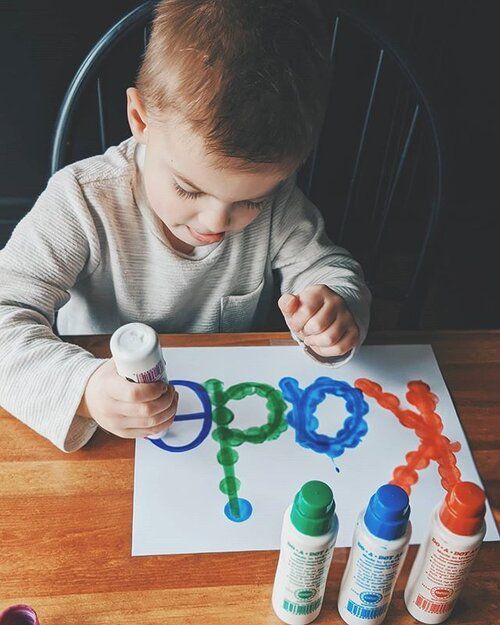 32 841.92] /Contents 192 0 R /group> /Tabs /S /StructParents 85 >> endobj 68 0 obj > /ProcSet [/PDF /Text /ImageB /ImageC /ImageI] >> /MediaBox [0 0 595.32 841.92] /Contents 193 0 R /group> /Tabs /S /StructParents 86 >> endobj 69 0 obj > /ProcSet [/PDF /Text /ImageB /ImageC /ImageI] >> /MediaBox[0 0 595.32 841.92] /Contents 194 0R /group> /Tabs /S /StructParents 87 >> endobj 70 0 obj > /ProcSet [/PDF /Text /ImageB /ImageC /ImageI] >> /MediaBox [0 0 595.32 841.92] /Contents 195 0R /group> /Tabs /S /StructParents 88 >> endobj 71 0 obj > /ProcSet [/PDF /Text /ImageB /ImageC /ImageI] >> /MediaBox [0 0 595.32 841.92] /Contents 196 0R /group> /Tabs /S /StructParents 89 >> endobj 72 0 obj > /ProcSet [/PDF /Text /ImageB /ImageC /ImageI] >> /MediaBox[0 0 595.32 841.92] /Contents 197 0 R /group> /Tabs /S /StructParents 90 >> endobj 73 0 obj > /ProcSet [/PDF /Text /ImageB /ImageC /ImageI] >> /MediaBox [0 0 595.32 841.92] /Contents 198 0R /group> /Tabs /S /StructParents 91 >> endobj 74 0 obj > /ProcSet [/PDF /Text /ImageB /ImageC /ImageI] >> /MediaBox [0 0 595.
32 841.92] /Contents 192 0 R /group> /Tabs /S /StructParents 85 >> endobj 68 0 obj > /ProcSet [/PDF /Text /ImageB /ImageC /ImageI] >> /MediaBox [0 0 595.32 841.92] /Contents 193 0 R /group> /Tabs /S /StructParents 86 >> endobj 69 0 obj > /ProcSet [/PDF /Text /ImageB /ImageC /ImageI] >> /MediaBox[0 0 595.32 841.92] /Contents 194 0R /group> /Tabs /S /StructParents 87 >> endobj 70 0 obj > /ProcSet [/PDF /Text /ImageB /ImageC /ImageI] >> /MediaBox [0 0 595.32 841.92] /Contents 195 0R /group> /Tabs /S /StructParents 88 >> endobj 71 0 obj > /ProcSet [/PDF /Text /ImageB /ImageC /ImageI] >> /MediaBox [0 0 595.32 841.92] /Contents 196 0R /group> /Tabs /S /StructParents 89 >> endobj 72 0 obj > /ProcSet [/PDF /Text /ImageB /ImageC /ImageI] >> /MediaBox[0 0 595.32 841.92] /Contents 197 0 R /group> /Tabs /S /StructParents 90 >> endobj 73 0 obj > /ProcSet [/PDF /Text /ImageB /ImageC /ImageI] >> /MediaBox [0 0 595.32 841.92] /Contents 198 0R /group> /Tabs /S /StructParents 91 >> endobj 74 0 obj > /ProcSet [/PDF /Text /ImageB /ImageC /ImageI] >> /MediaBox [0 0 595.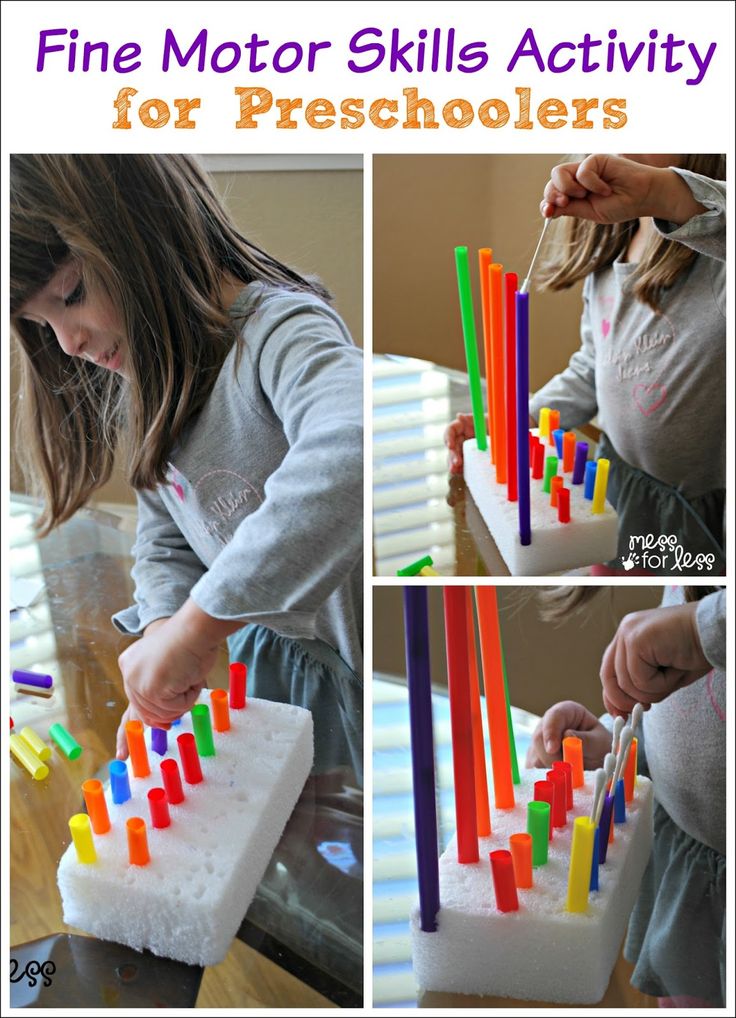 32 841.92] /Contents 199 0R /group> /Tabs /S /StructParents 92 >> endobj 75 0 obj > /ProcSet [/PDF /Text /ImageB /ImageC /ImageI] >> /MediaBox[0 0 595.32 841.92] /Contents 200 0 R /group> /Tabs /S /StructParents 93 >> endobj 76 0 obj > /ProcSet [/PDF /Text /ImageB /ImageC /ImageI] >> /MediaBox [0 0 595.32 841.92] /Contents 201 0 R /group> /Tabs /S /StructParents 94 >> endobj 77 0 obj > /ProcSet [/PDF /Text /ImageB /ImageC /ImageI] >> /MediaBox [0 0 595.32 841.92] /Contents 202 0 R /group> /Tabs /S /StructParents 95 >> endobj 78 0 obj > /ProcSet [/PDF /Text /ImageB /ImageC /ImageI] >> /MediaBox[0 0 595.32 841.92] /Contents 203 0 R /group> /Tabs /S /StructParents 96 >> endobj 79 0 obj > /ProcSet [/PDF /Text /ImageB /ImageC /ImageI] >> /MediaBox [0 0 595.32 841.92] /Contents 204 0 R /group> /Tabs /S /StructParents 97 >> endobj 80 0 obj > /ProcSet [/PDF /Text /ImageB /ImageC /ImageI] >> /MediaBox [0 0 595.32 841.92] /Contents 205 0 R /group> /Tabs /S /StructParents 98 >> endobj 81 0 obj > /ProcSet [/PDF /Text /ImageB /ImageC /ImageI] >> /MediaBox[0 0 595.
32 841.92] /Contents 199 0R /group> /Tabs /S /StructParents 92 >> endobj 75 0 obj > /ProcSet [/PDF /Text /ImageB /ImageC /ImageI] >> /MediaBox[0 0 595.32 841.92] /Contents 200 0 R /group> /Tabs /S /StructParents 93 >> endobj 76 0 obj > /ProcSet [/PDF /Text /ImageB /ImageC /ImageI] >> /MediaBox [0 0 595.32 841.92] /Contents 201 0 R /group> /Tabs /S /StructParents 94 >> endobj 77 0 obj > /ProcSet [/PDF /Text /ImageB /ImageC /ImageI] >> /MediaBox [0 0 595.32 841.92] /Contents 202 0 R /group> /Tabs /S /StructParents 95 >> endobj 78 0 obj > /ProcSet [/PDF /Text /ImageB /ImageC /ImageI] >> /MediaBox[0 0 595.32 841.92] /Contents 203 0 R /group> /Tabs /S /StructParents 96 >> endobj 79 0 obj > /ProcSet [/PDF /Text /ImageB /ImageC /ImageI] >> /MediaBox [0 0 595.32 841.92] /Contents 204 0 R /group> /Tabs /S /StructParents 97 >> endobj 80 0 obj > /ProcSet [/PDF /Text /ImageB /ImageC /ImageI] >> /MediaBox [0 0 595.32 841.92] /Contents 205 0 R /group> /Tabs /S /StructParents 98 >> endobj 81 0 obj > /ProcSet [/PDF /Text /ImageB /ImageC /ImageI] >> /MediaBox[0 0 595.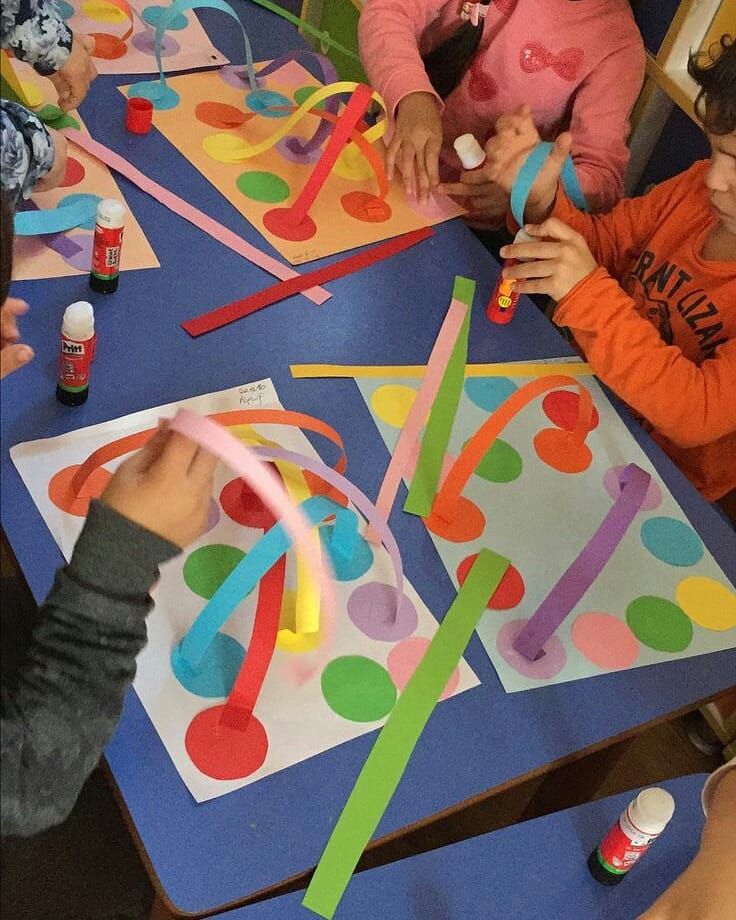 32 841.92] /Contents 206 0 R /group> /Tabs /S /StructParents 99 >> endobj 82 0 obj > /ProcSet [/PDF /Text /ImageB /ImageC /ImageI] >> /MediaBox [0 0 595.32 841.92] /Contents 207 0 R /group> /Tabs /S /StructParents 100 >> endobj 83 0 obj > /ProcSet [/PDF /Text /ImageB /ImageC /ImageI] >> /MediaBox [0 0 595.32 841.92] /Contents 208 0 R /group> /Tabs /S /StructParents 101 >> endobj 84 0 obj > /ProcSet [/PDF /Text /ImageB /ImageC /ImageI] >> /MediaBox[0 0 595.32 841.92] /Contents 209 0 R /group> /Tabs /S /StructParents 102 >> endobj 85 0 obj > /ProcSet [/PDF /Text /ImageB /ImageC /ImageI] >> /MediaBox [0 0 595.32 841.92] /Contents 210 0 R /group> /Tabs /S /StructParents 103 >> endobj 86 0 obj > /ProcSet [/PDF /Text /ImageB /ImageC /ImageI] >> /MediaBox [0 0 595.32 841.92] /Contents 211 0 R /group> /Tabs /S /StructParents 104 >> endobj 87 0 obj > /XObject> /ProcSet [/PDF /Text /ImageB /ImageC /ImageI] >> /MediaBox[0 0 595.32 841.92] /Contents 213 0R /group> /Tabs /S /StructParents 2 >> endobj 88 0 obj > /XObject> /ProcSet [/PDF /Text /ImageB /ImageC /ImageI] >> /MediaBox [0 0 595.
32 841.92] /Contents 206 0 R /group> /Tabs /S /StructParents 99 >> endobj 82 0 obj > /ProcSet [/PDF /Text /ImageB /ImageC /ImageI] >> /MediaBox [0 0 595.32 841.92] /Contents 207 0 R /group> /Tabs /S /StructParents 100 >> endobj 83 0 obj > /ProcSet [/PDF /Text /ImageB /ImageC /ImageI] >> /MediaBox [0 0 595.32 841.92] /Contents 208 0 R /group> /Tabs /S /StructParents 101 >> endobj 84 0 obj > /ProcSet [/PDF /Text /ImageB /ImageC /ImageI] >> /MediaBox[0 0 595.32 841.92] /Contents 209 0 R /group> /Tabs /S /StructParents 102 >> endobj 85 0 obj > /ProcSet [/PDF /Text /ImageB /ImageC /ImageI] >> /MediaBox [0 0 595.32 841.92] /Contents 210 0 R /group> /Tabs /S /StructParents 103 >> endobj 86 0 obj > /ProcSet [/PDF /Text /ImageB /ImageC /ImageI] >> /MediaBox [0 0 595.32 841.92] /Contents 211 0 R /group> /Tabs /S /StructParents 104 >> endobj 87 0 obj > /XObject> /ProcSet [/PDF /Text /ImageB /ImageC /ImageI] >> /MediaBox[0 0 595.32 841.92] /Contents 213 0R /group> /Tabs /S /StructParents 2 >> endobj 88 0 obj > /XObject> /ProcSet [/PDF /Text /ImageB /ImageC /ImageI] >> /MediaBox [0 0 595.